Introduction
Chess, a strategic and complex board game that has been played for centuries, is revered not only as a game of intellect and tactics but also as an effective tool for improving various cognitive functions. Among these, memory enhancement has been one of the most discussed benefits. This article explores the relationship between playing chess and its potential impact on boosting memory, delving into scientific explanations, studies, and theoretical frameworks that support this claim.
The Cognitive Demands of Chess
Chess requires a blend of several cognitive processes including problem-solving, critical thinking, and both short-term and long-term strategic planning. Players must remember a vast array of rules, recognize patterns, anticipate opponents' moves, and recall previous game scenarios. Such activities stimulate cognitive functions, potentially leading to enhanced memory capacity.
Working Memory in Chess
Working memory plays a critical role in chess, as it allows players to hold and manipulate multiple pieces of information simultaneously. For example, during a game, a player needs to hold in mind the positions of various pieces, possible moves, and potential counter-moves by the opponent—all in real time. Scientists believe that regular engagement in such complex tasks can strengthen working memory.
Long-term Memory and Strategy Development
Experienced chess players often develop extensive libraries of opening sequences, endgames, and famous historic games in their long-term memory. This extensive memorization and recall of complex strategies and game patterns can potentially transfer to improvements in the long-term memory capabilities of other non-chess-related tasks.
Scientific Studies and Evidence
A number of studies have sought to provide empirical evidence supporting the notion that chess can aid in memory enhancement. Research generally focuses on experimental and control groups to determine cognitive differences resulting from engaging in chess.
Memory Improvement in Children and Adolescents
Some educational studies have implemented chess as a cognitive developmental tool in school curriculums. For example, a study published in the International Journal of Environmental Research and Public Health suggested that students who played chess showed improvement in memory and executive functions compared to those who did not play chess.
Effects on Elderly Populations
Research focusing on elderly populations indicates that activities like chess which stimulate the brain can delay or mitigate the impacts of age-related cognitive decline. A particular study noted improvements in both verbal memory and attentional control among older adults who regularly played chess.
Theoretical Frameworks Supporting Memory Enhancement
Theories in cognitive psychology provide frameworks for understanding how chess might enhance memory. The Cognitive Load Theory, for instance, suggests that activities like chess manage the type and amount of information that working memory can handle, potentially increasing memory capacity and efficiency.
Neuroplasticity
Another relevant concept is neuroplasticity, which refers to the brain's ability to reorganize itself by forming new neural connections. Regular mental challenges like playing chess are believed to promote neuroplasticity, leading to cognitive enhancements including memory.
Limitations and Further Research
While there are promising findings, the research on chess and memory enhancement is not without limitations. Confounding variables in studies, differences in instructional methods, and the inherent difficulty of isolating chess as the sole variable influencing cognitive improvement suggest that further meticulous research is necessary.
Future Prospects in Chess Research
Future research might explore longitudinal studies focusing on direct neurological changes through neuroimaging techniques to further elucidate the impacts of chess on memory and general cognitive functions.
Conclusion
In conclusion, the intricate demands of chess on memory and strategic thinking imply potential benefits in memory enhancement. Although there is burgeoning empirical support and theoretical backing for the idea that chess can positively impact memory, the extent and nature of these benefits require more rigorous scientific investigation. For those looking to enhance their cognitive functions, chess remains a compelling and intellectually enriching pursuit.
Explore our large collection of luxurious chess sets!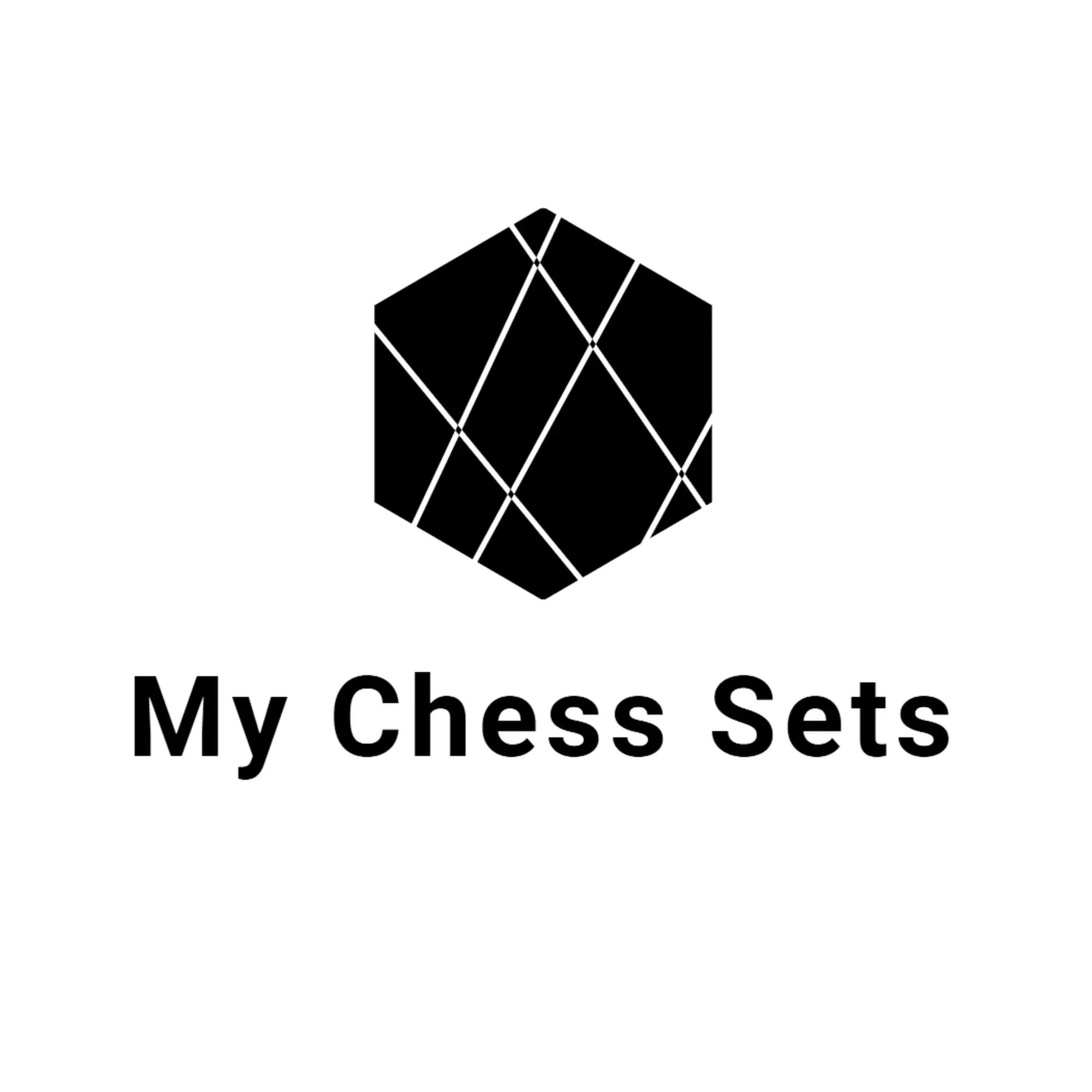

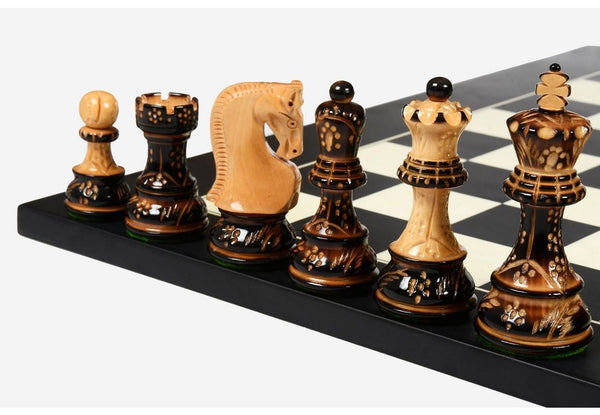
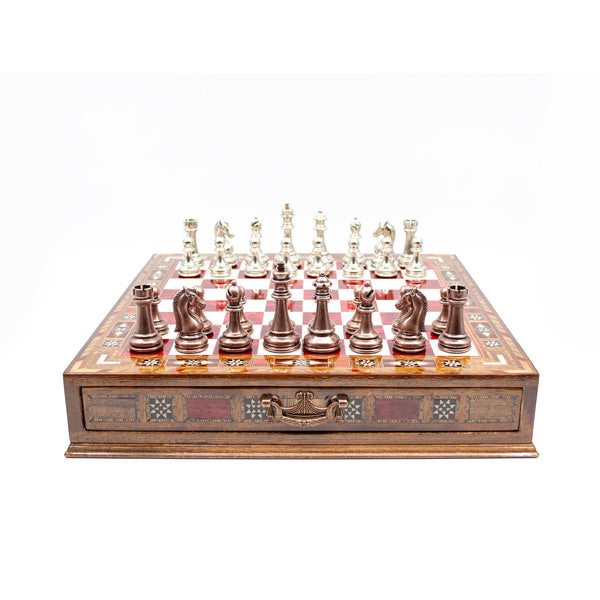
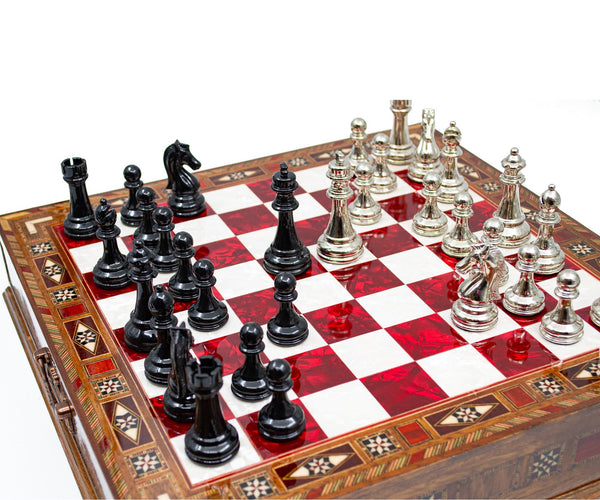
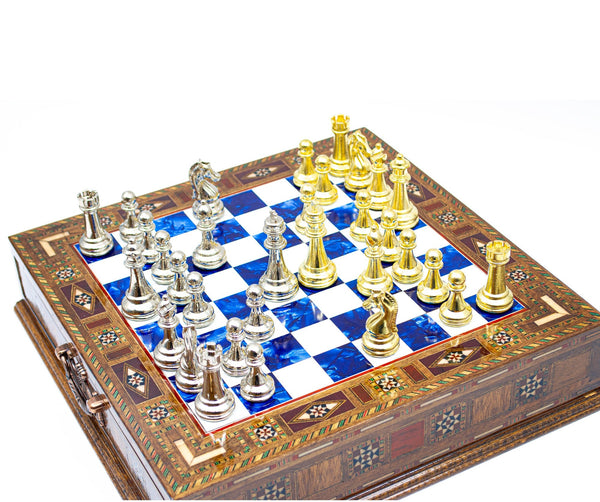
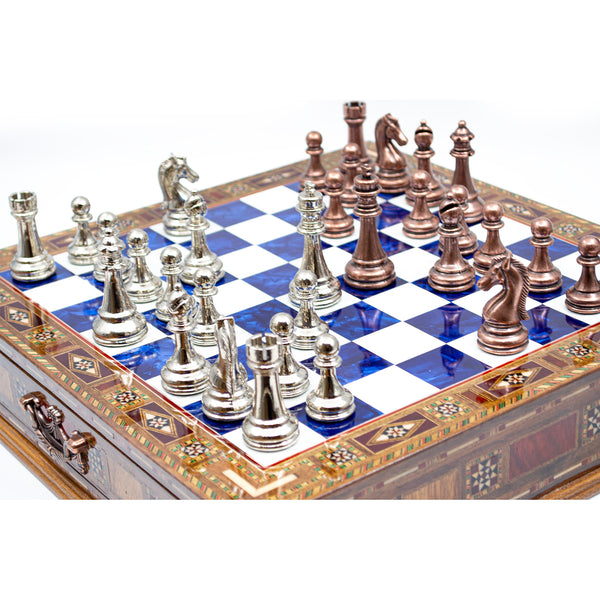
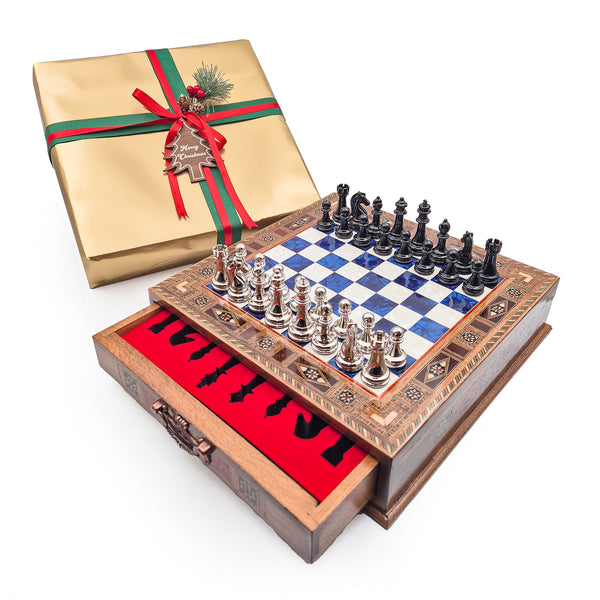
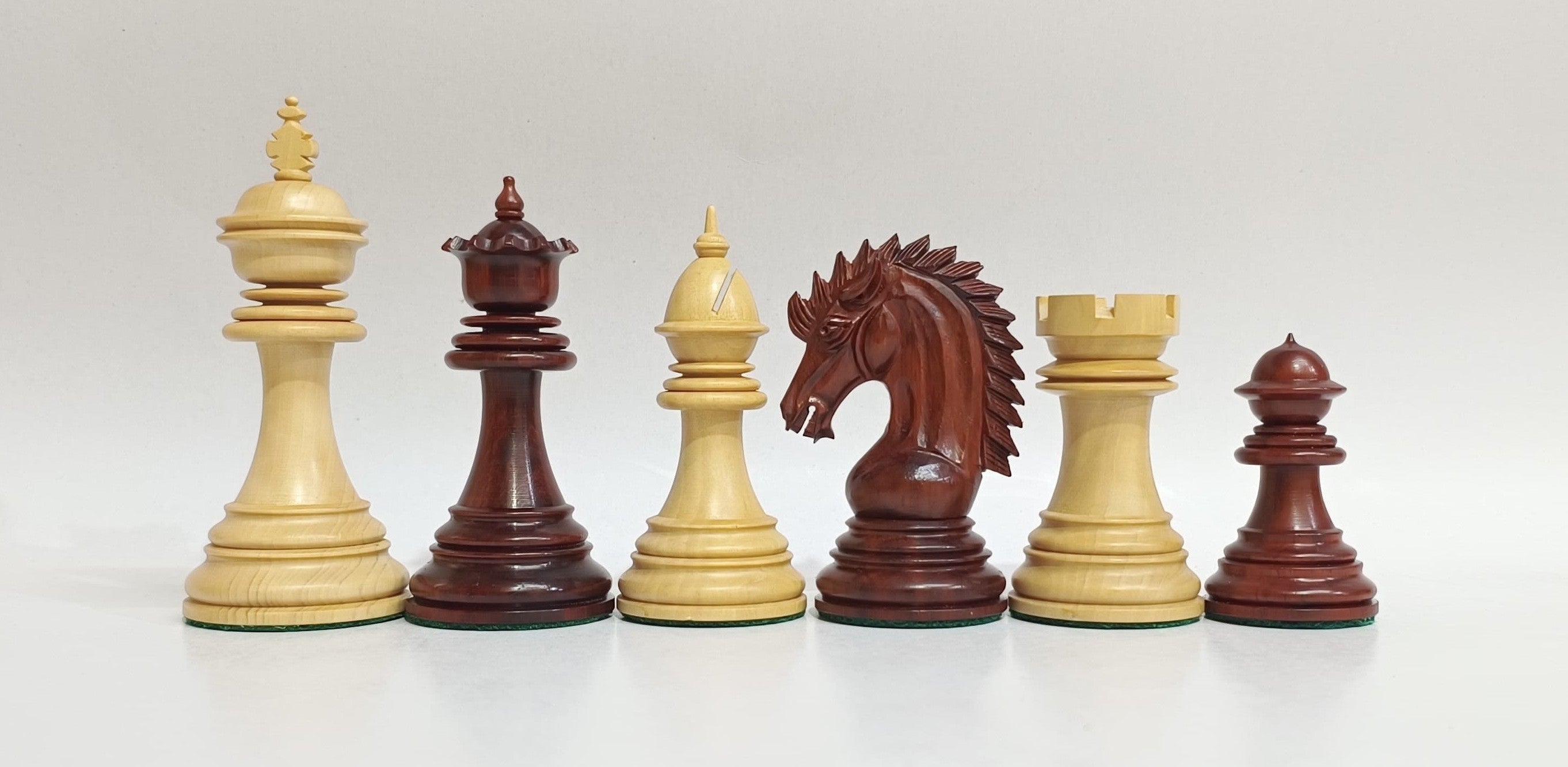
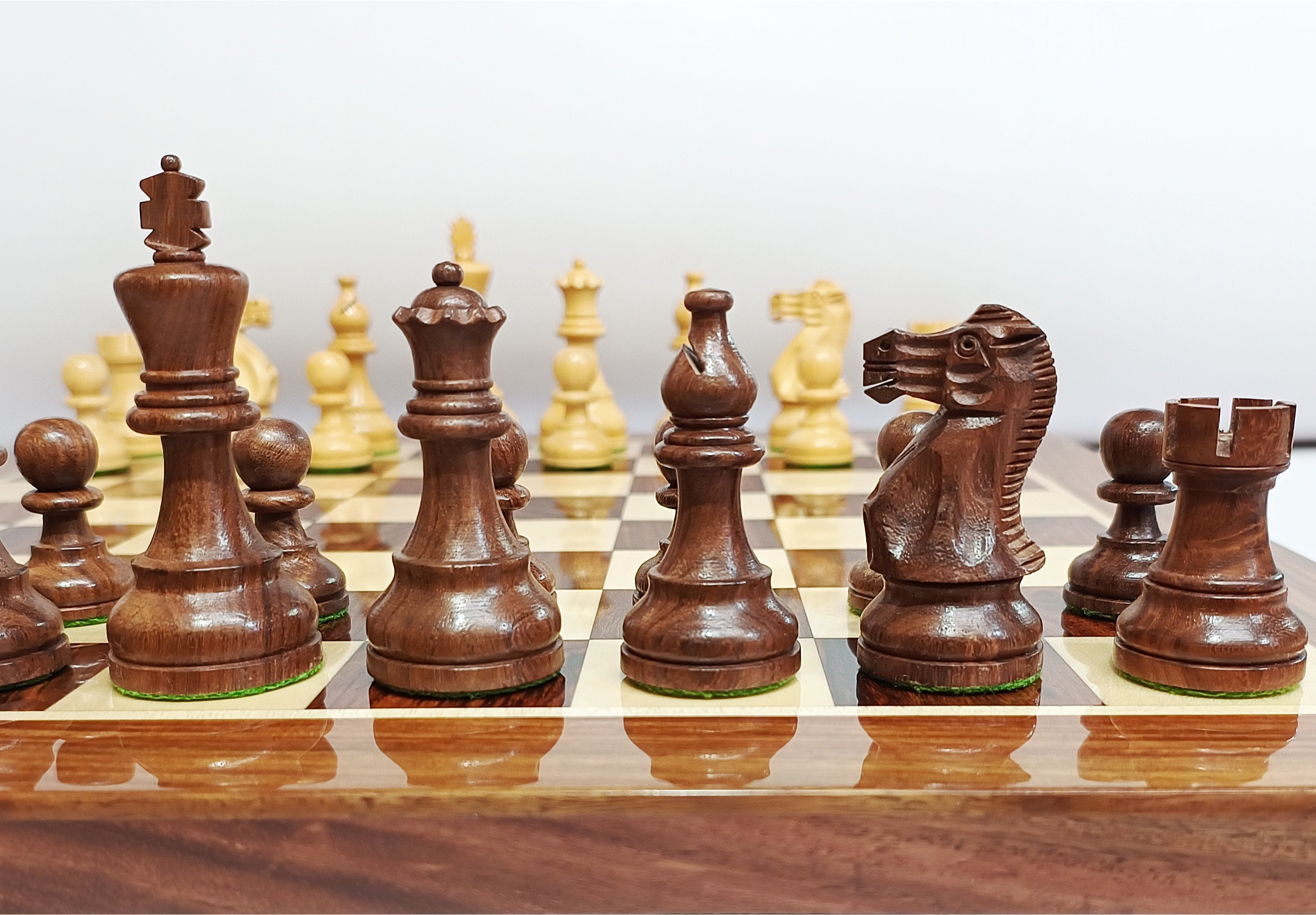
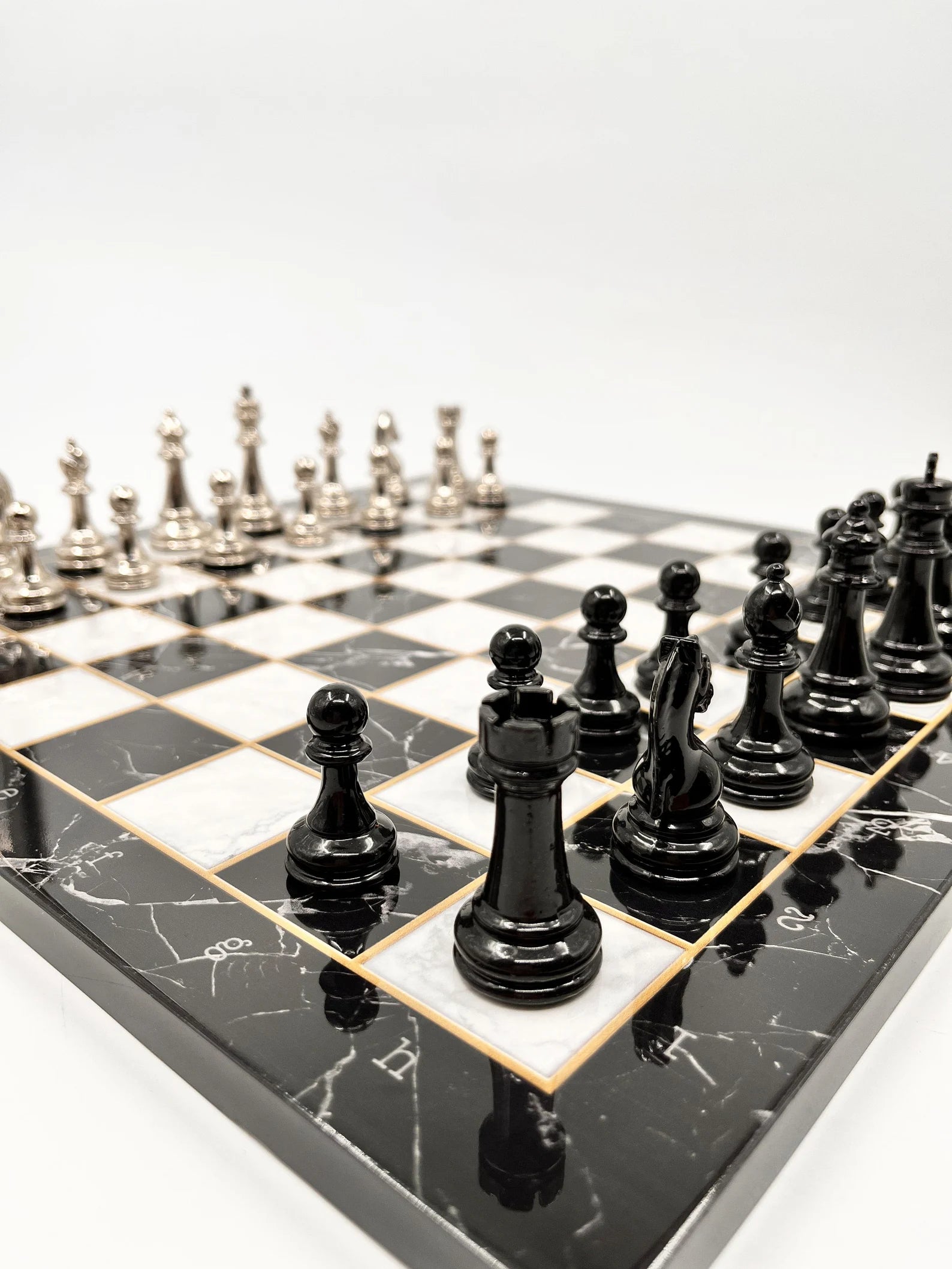
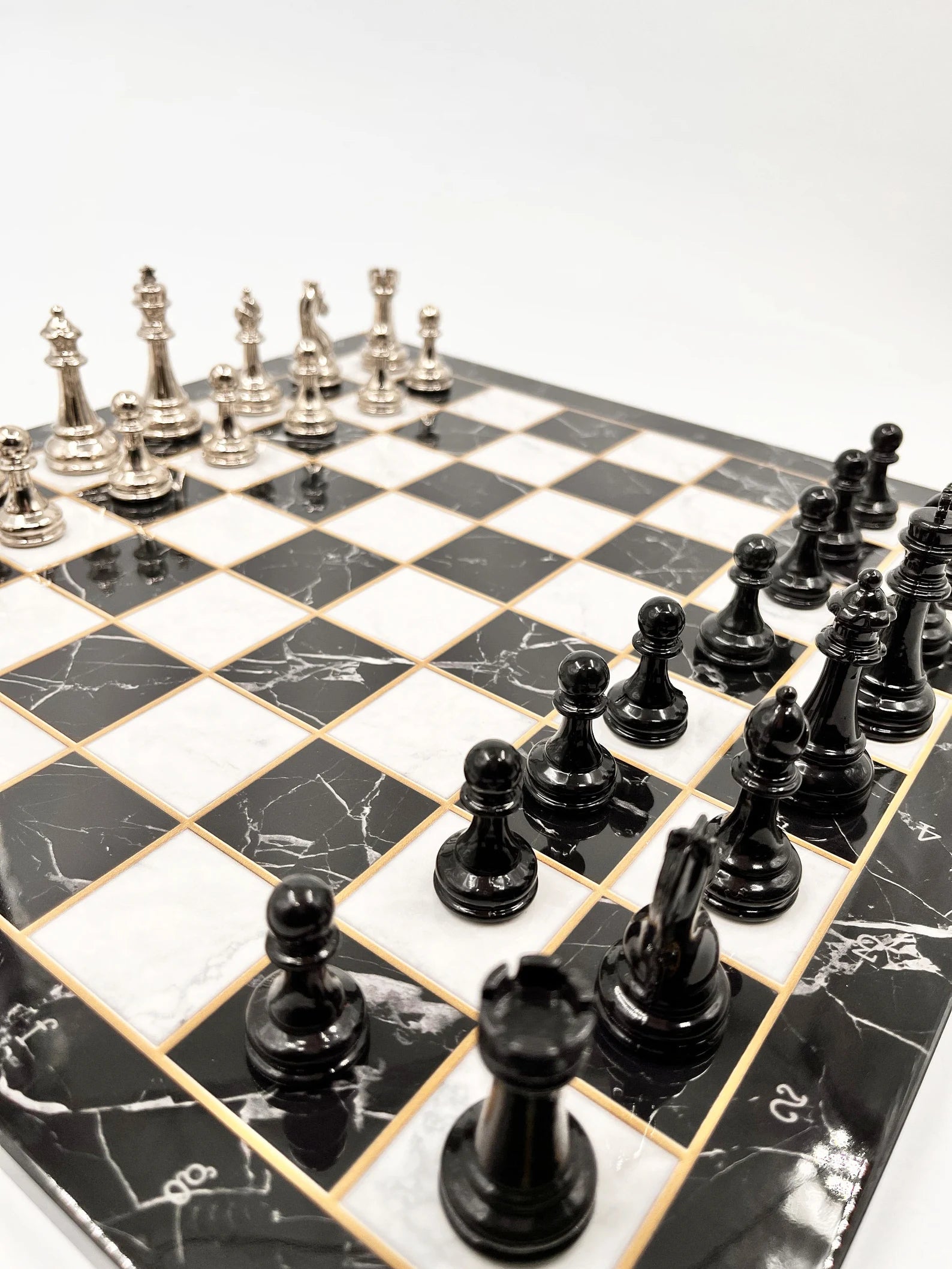
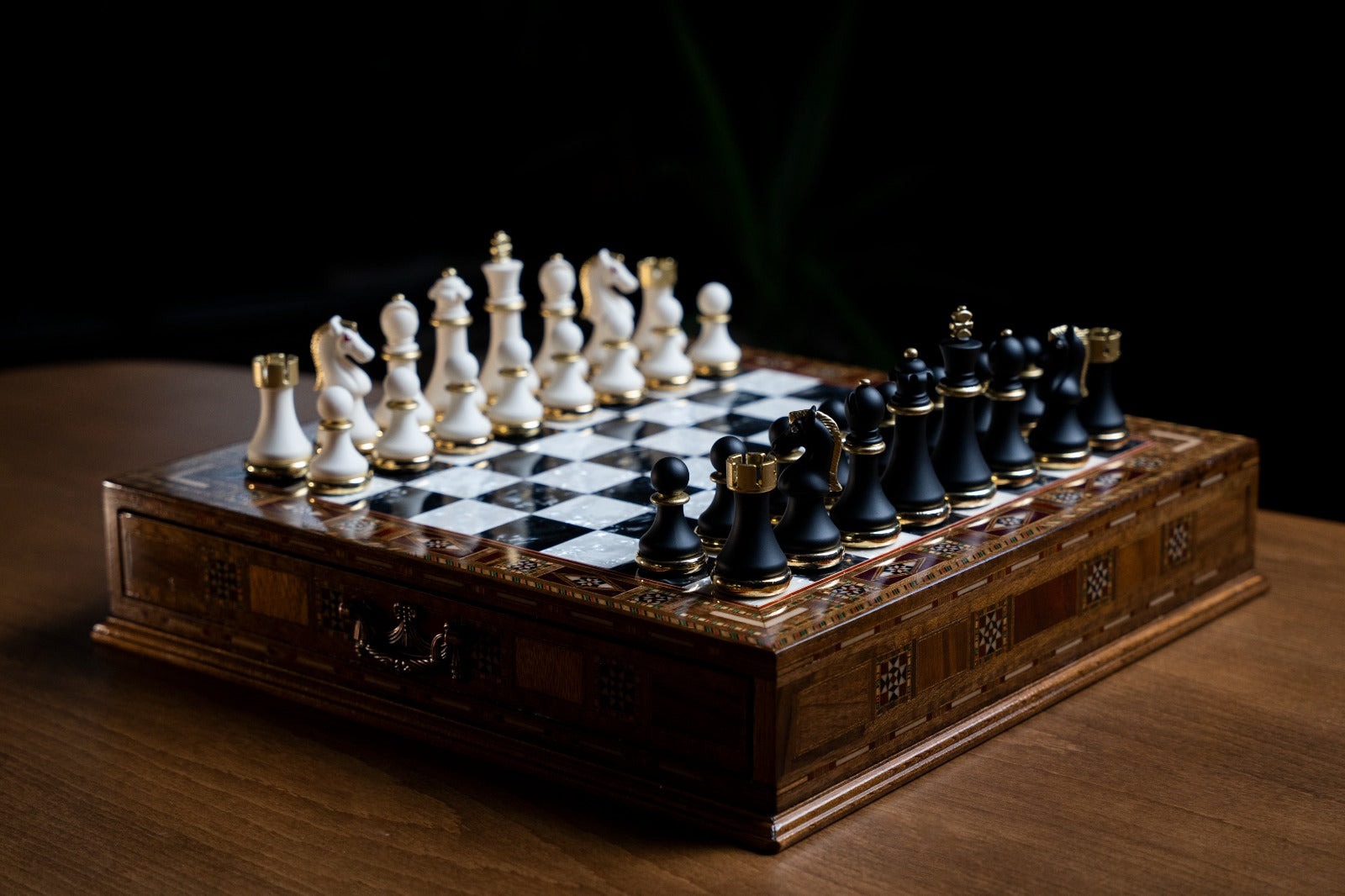
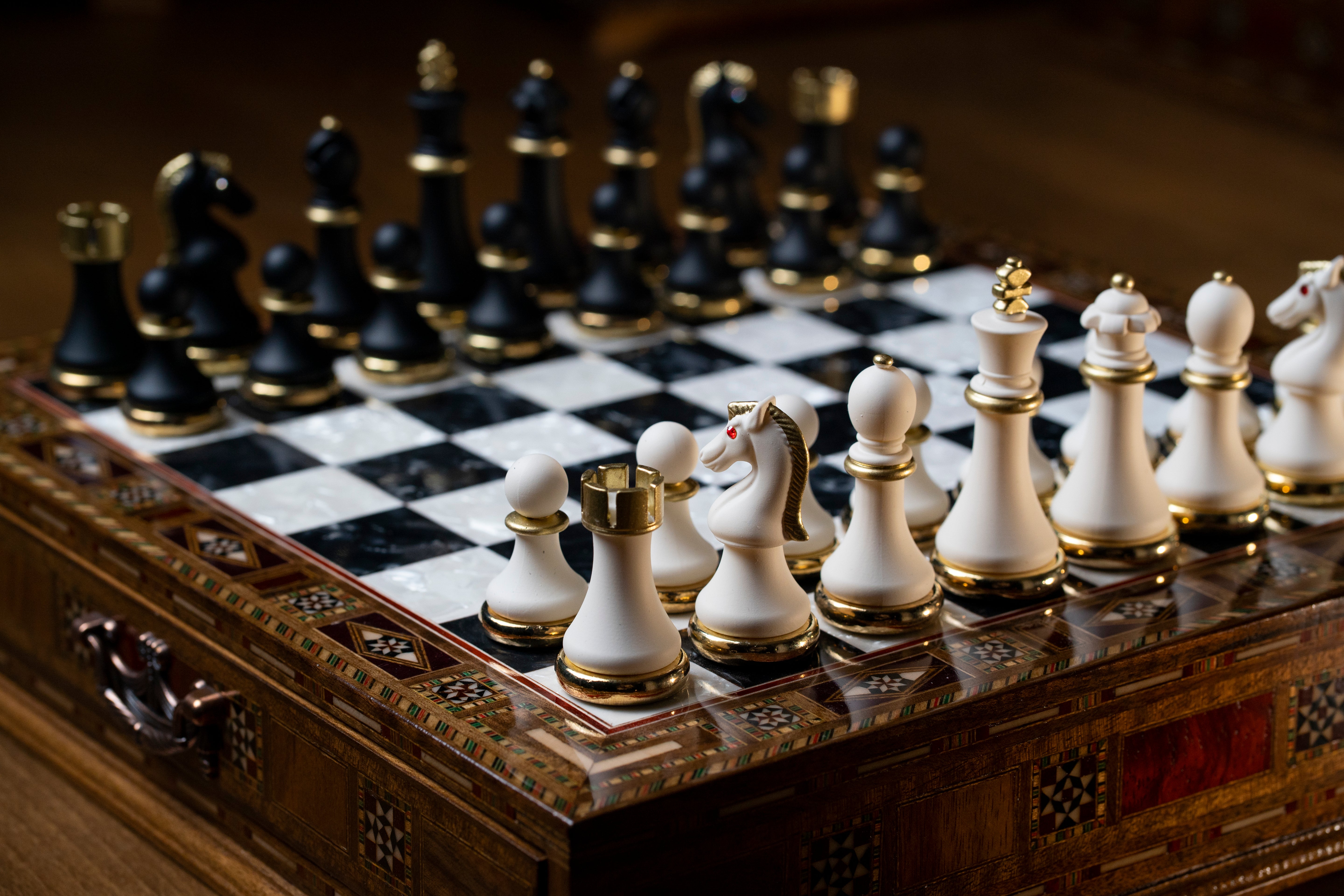
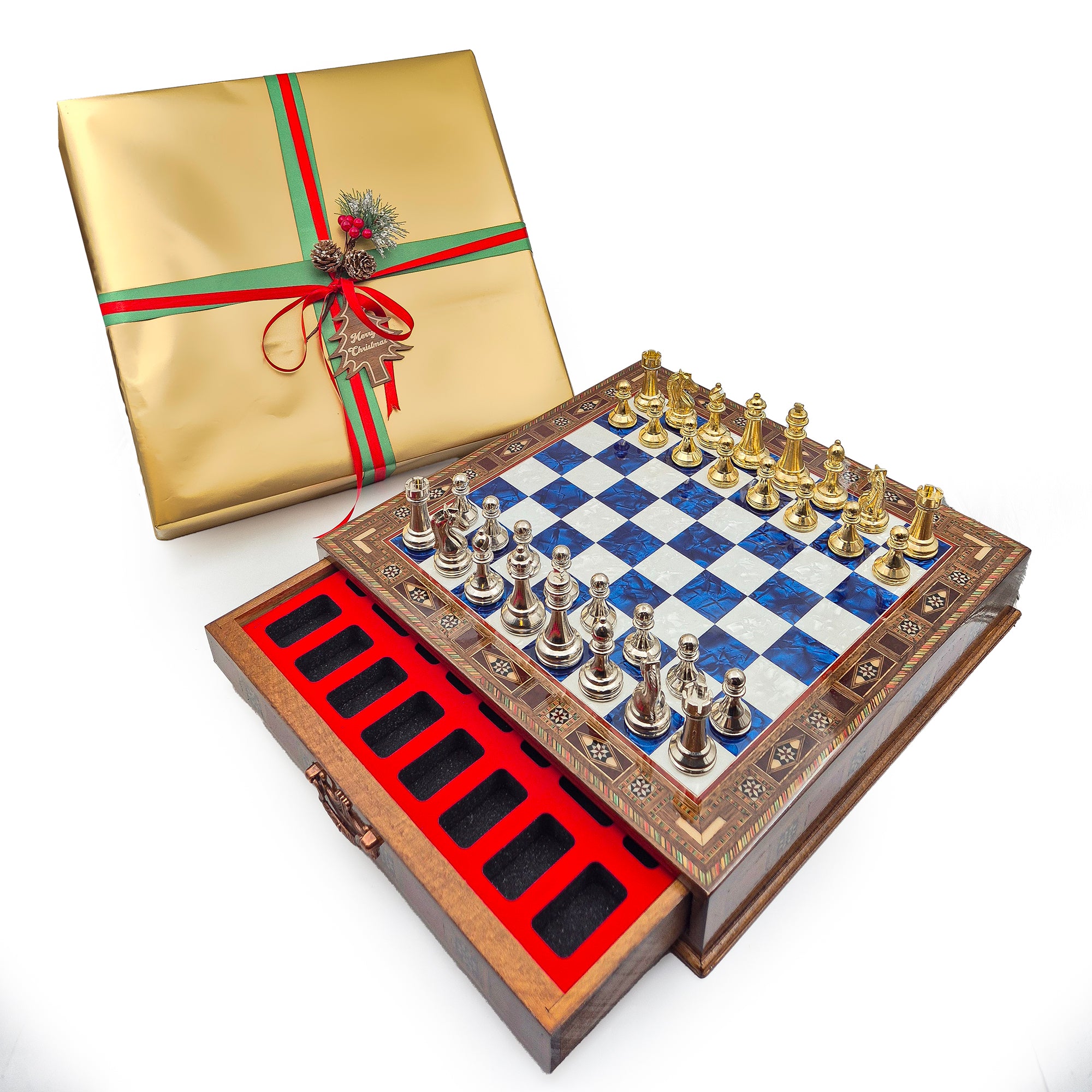
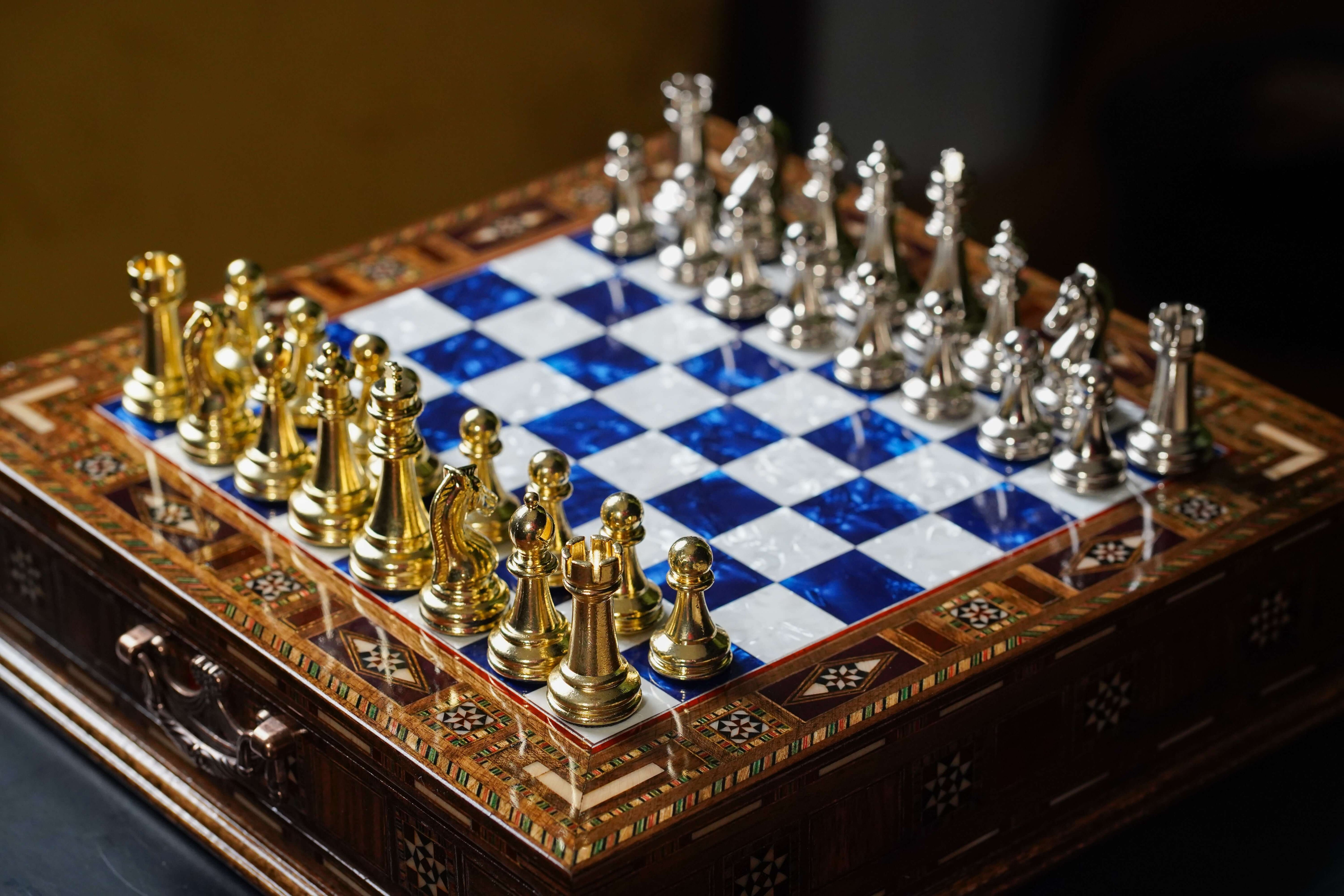
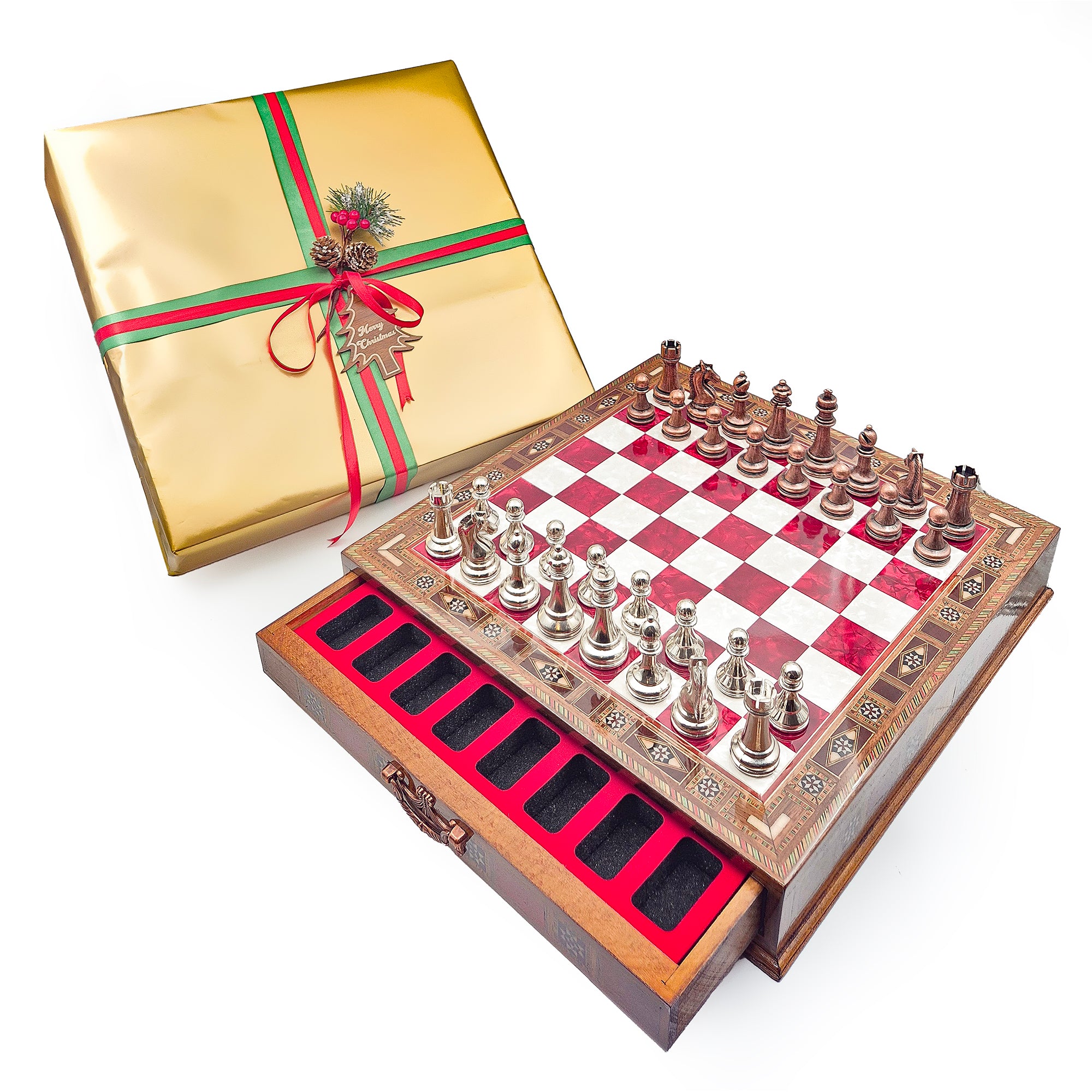
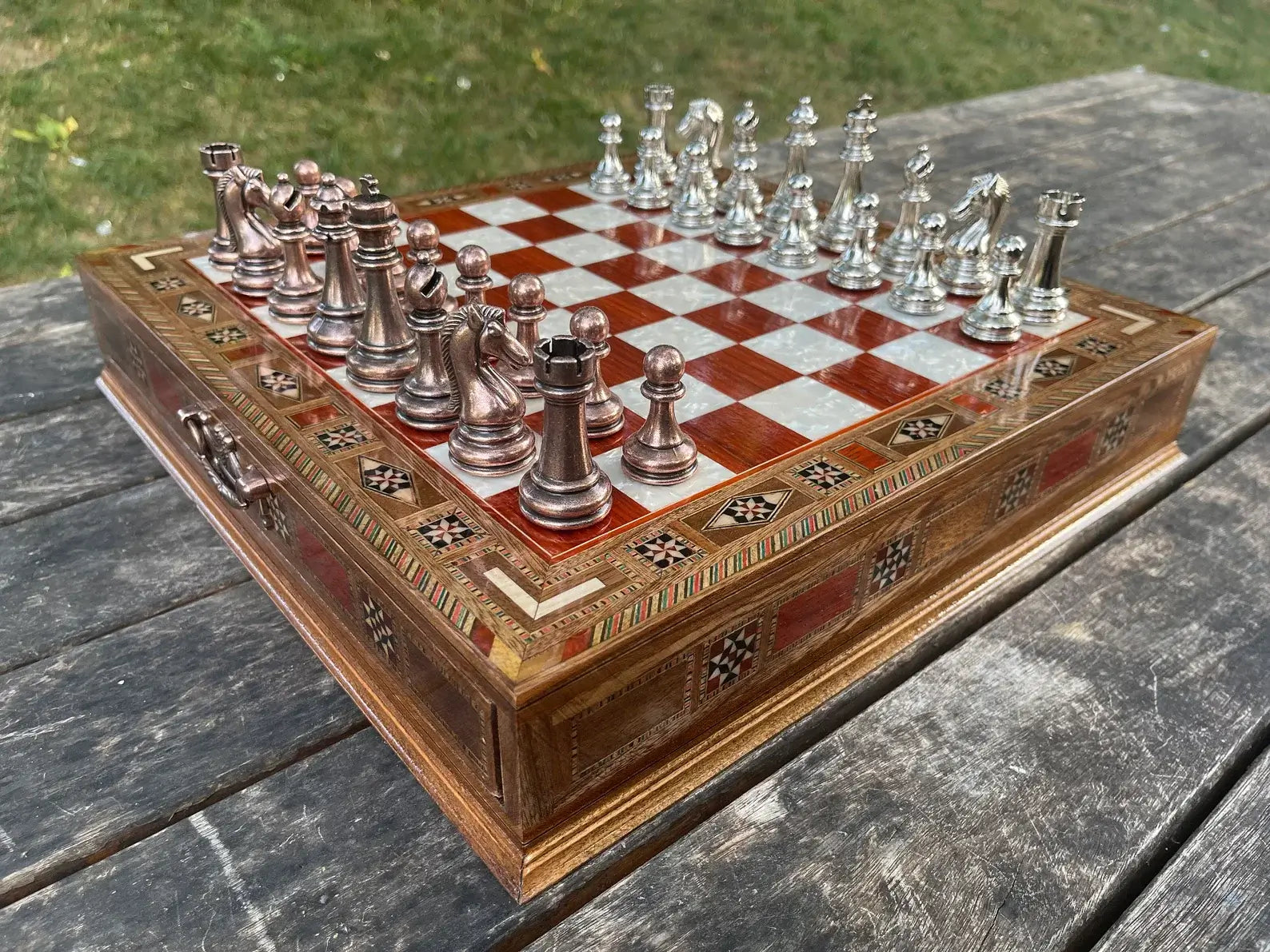
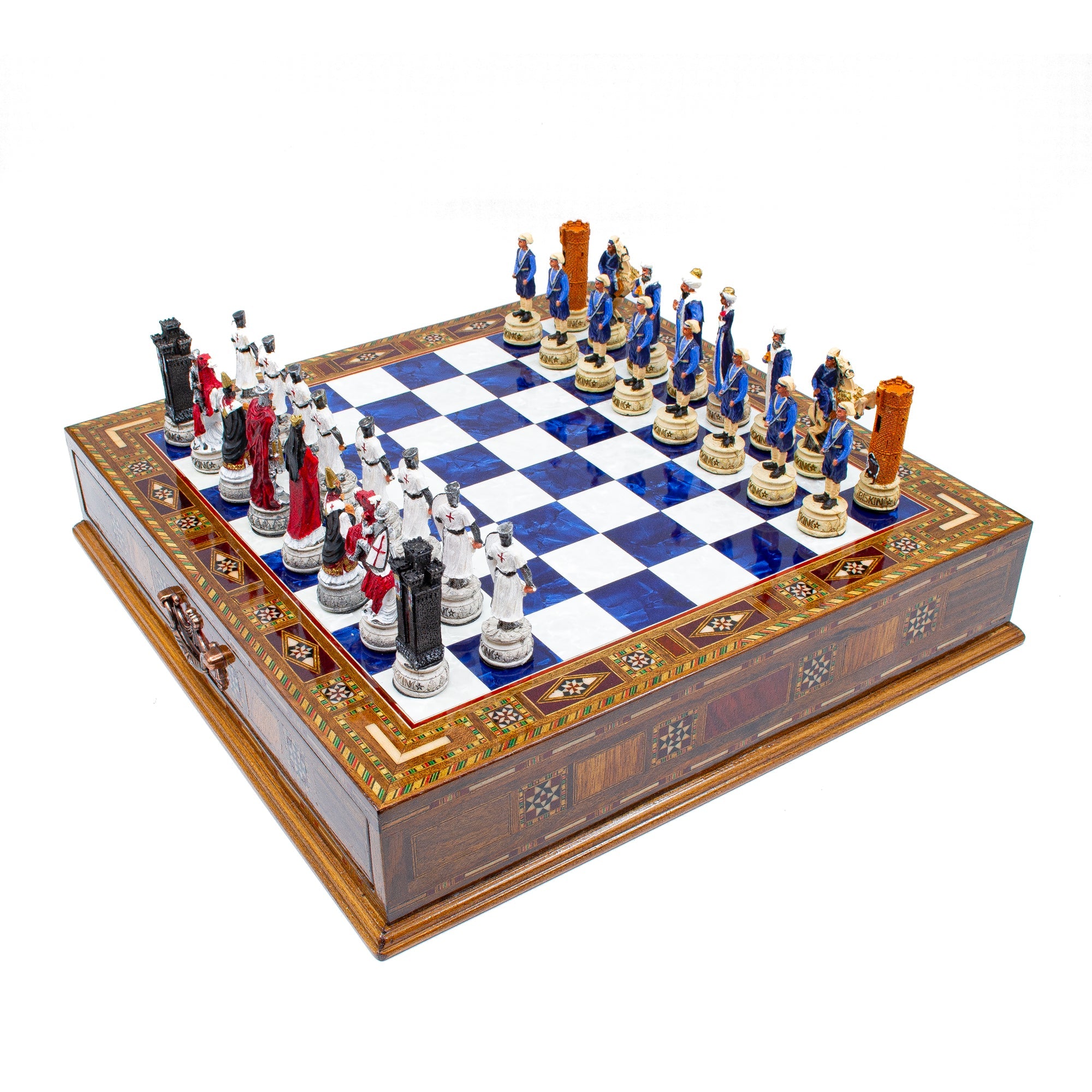
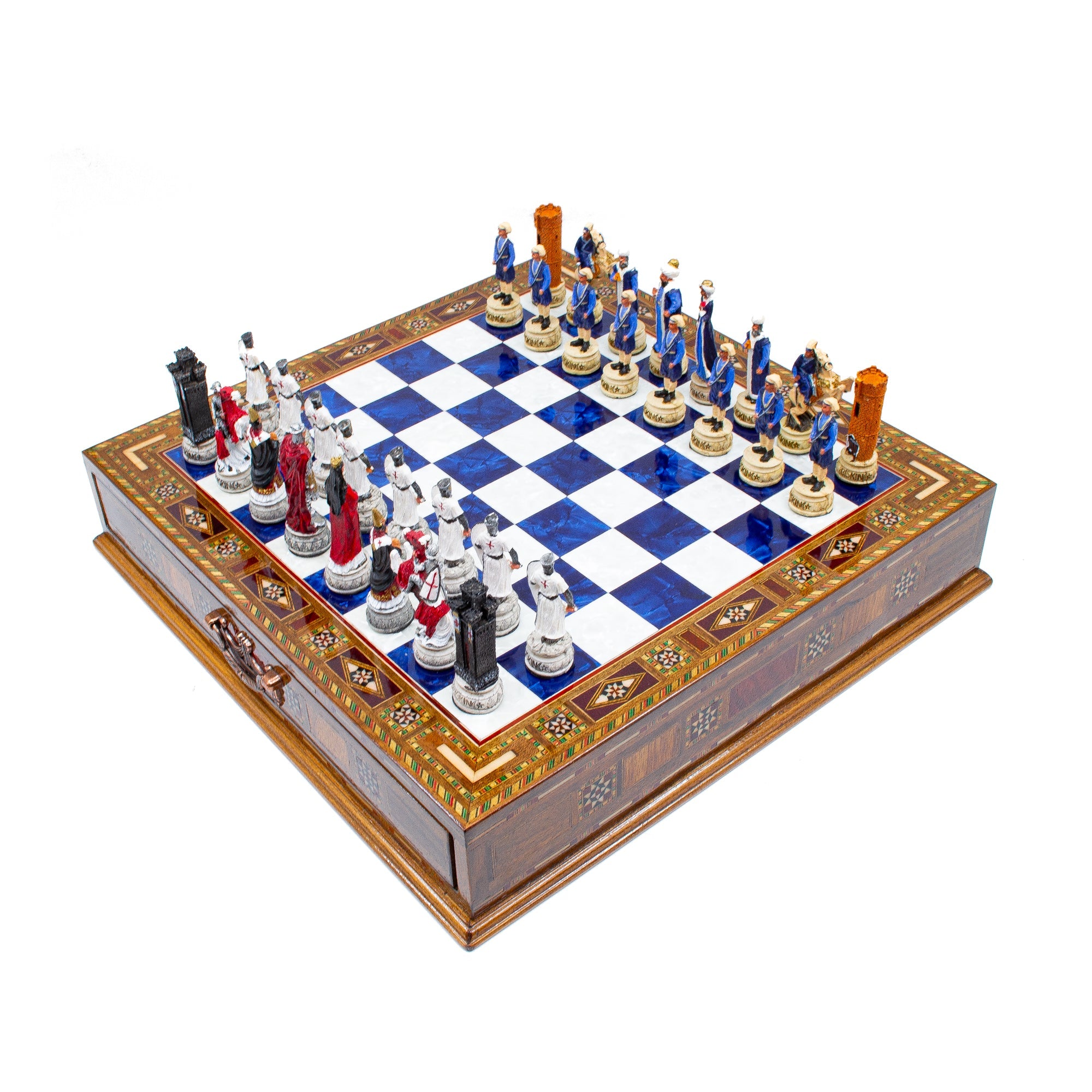
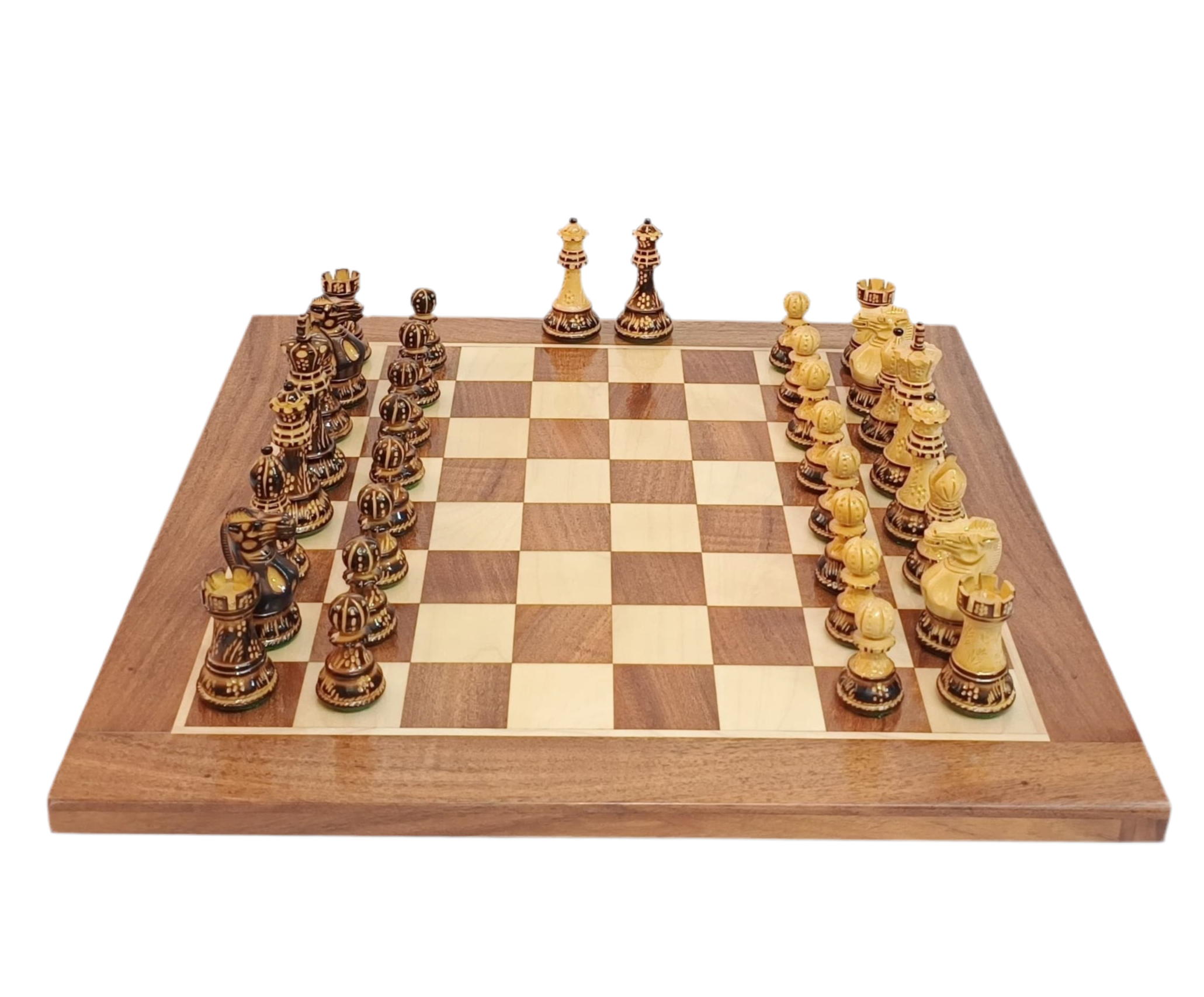
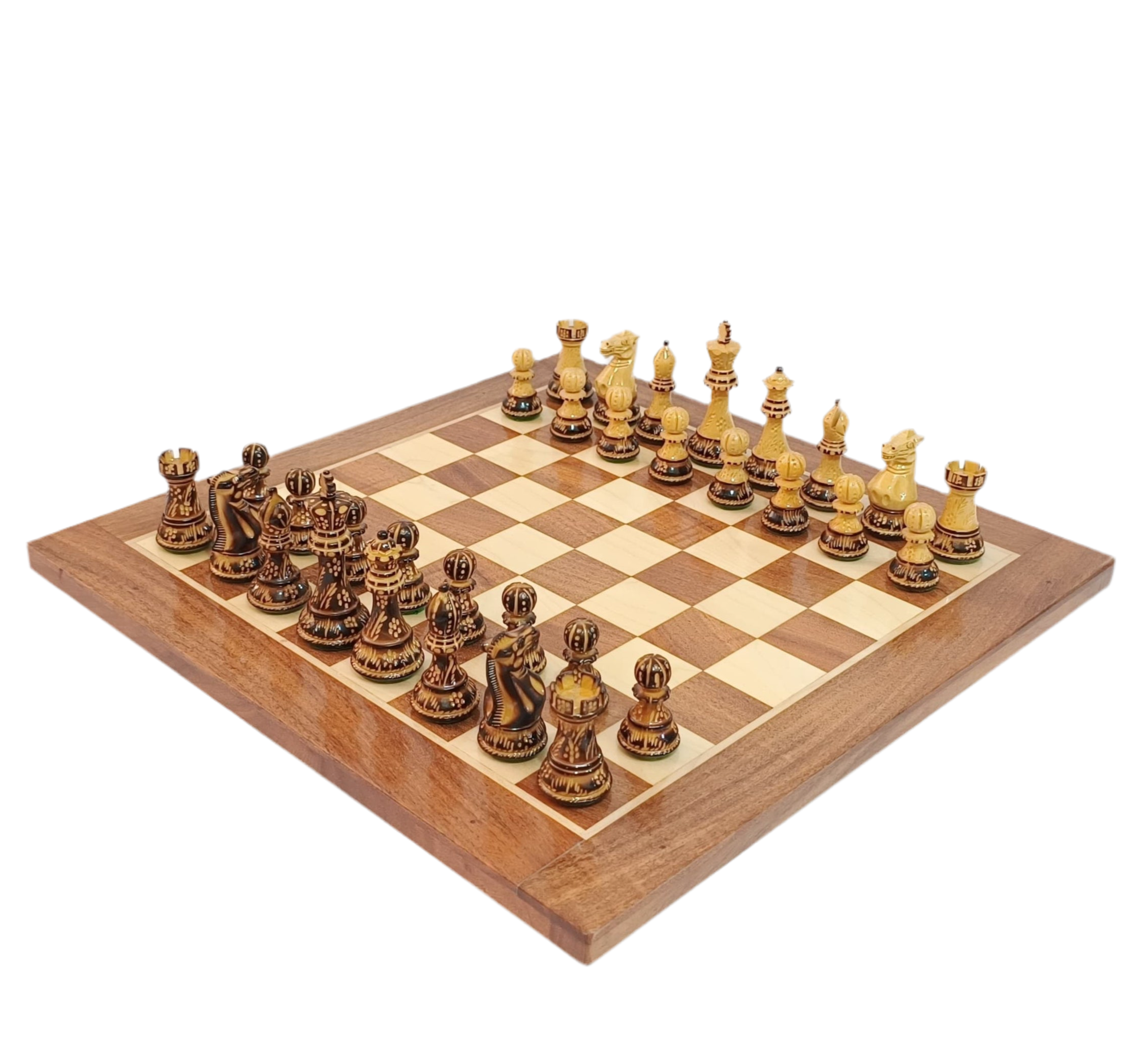
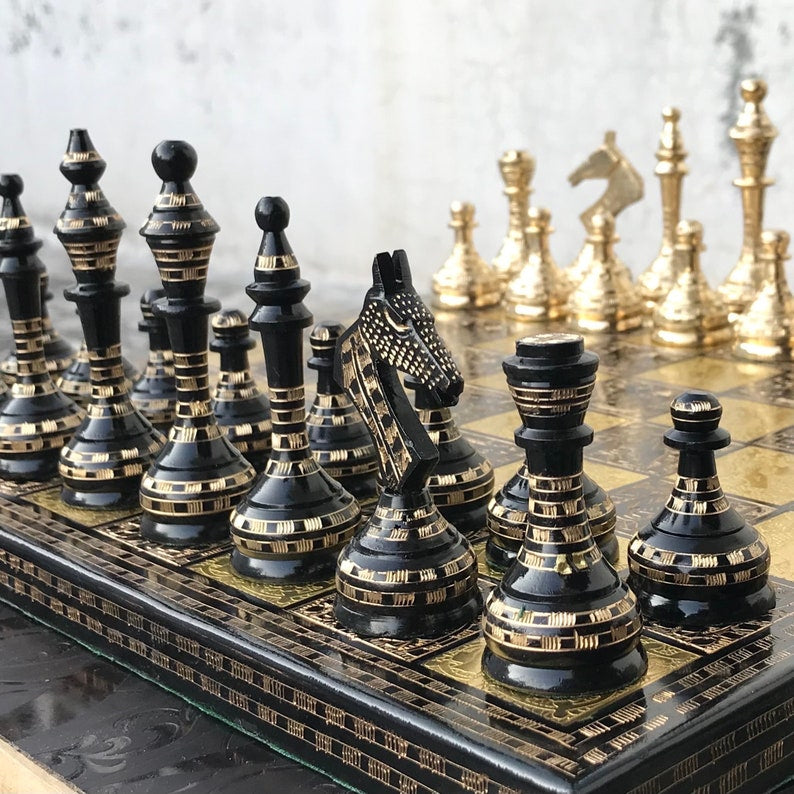
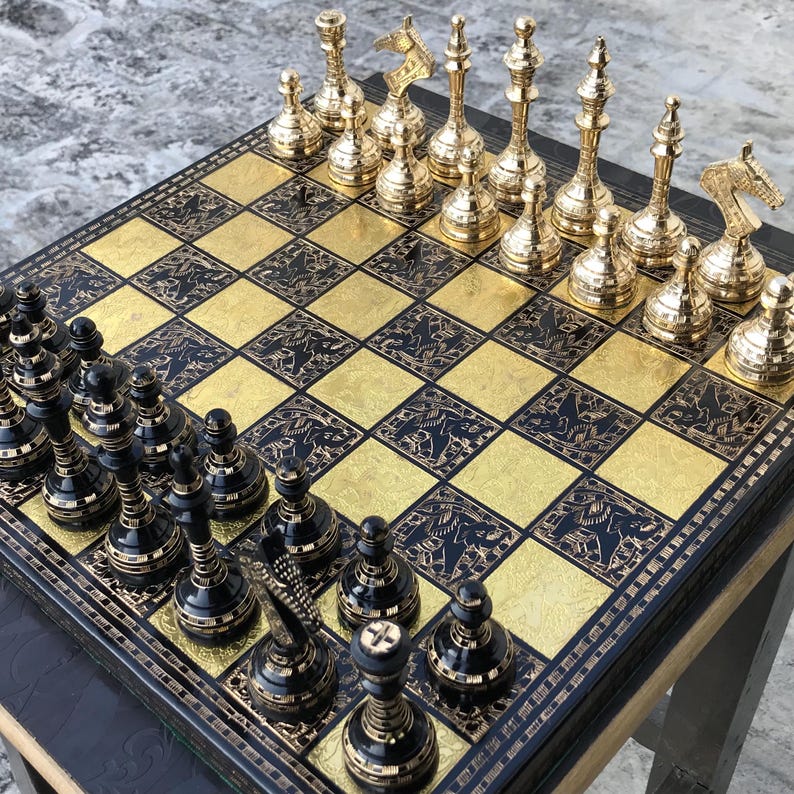


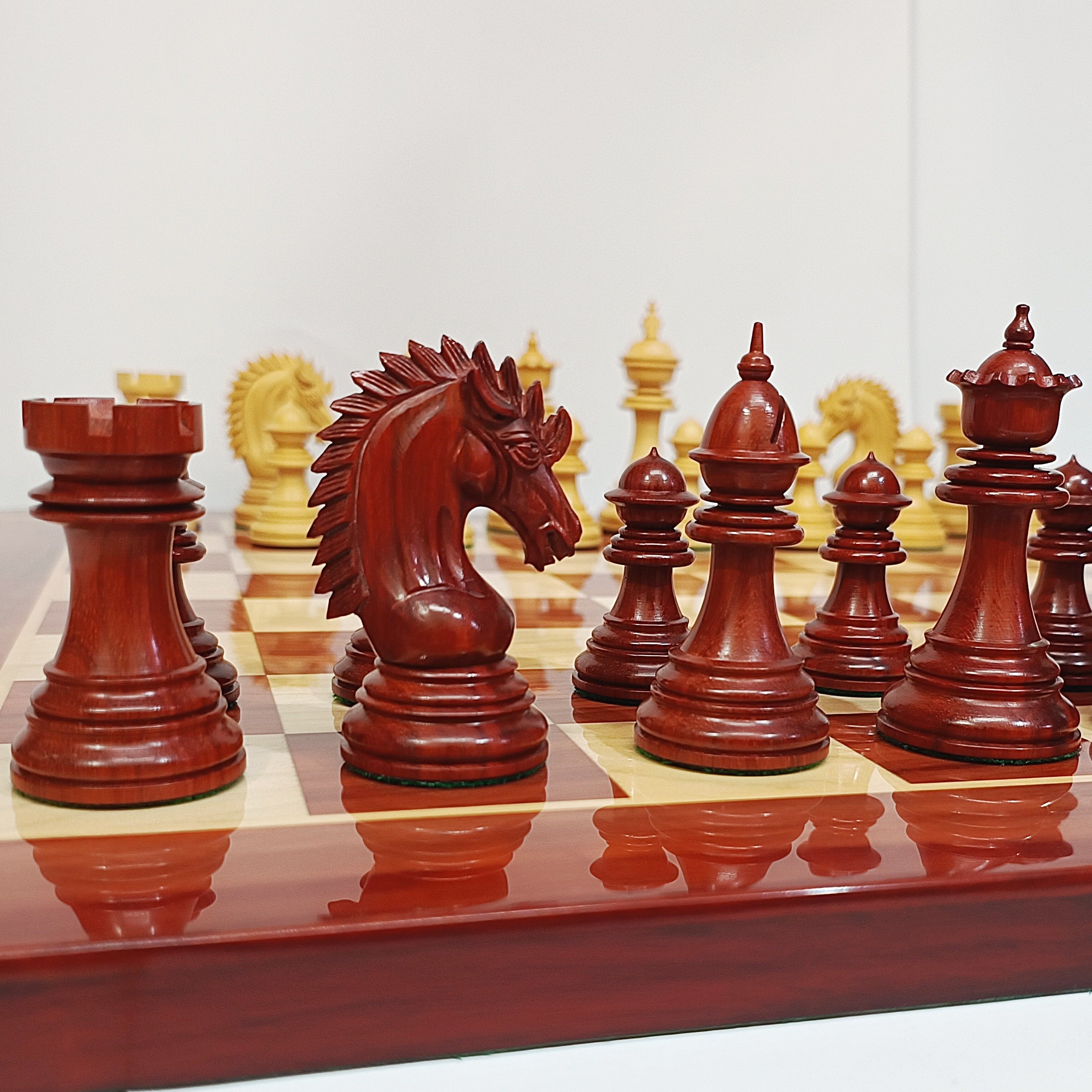
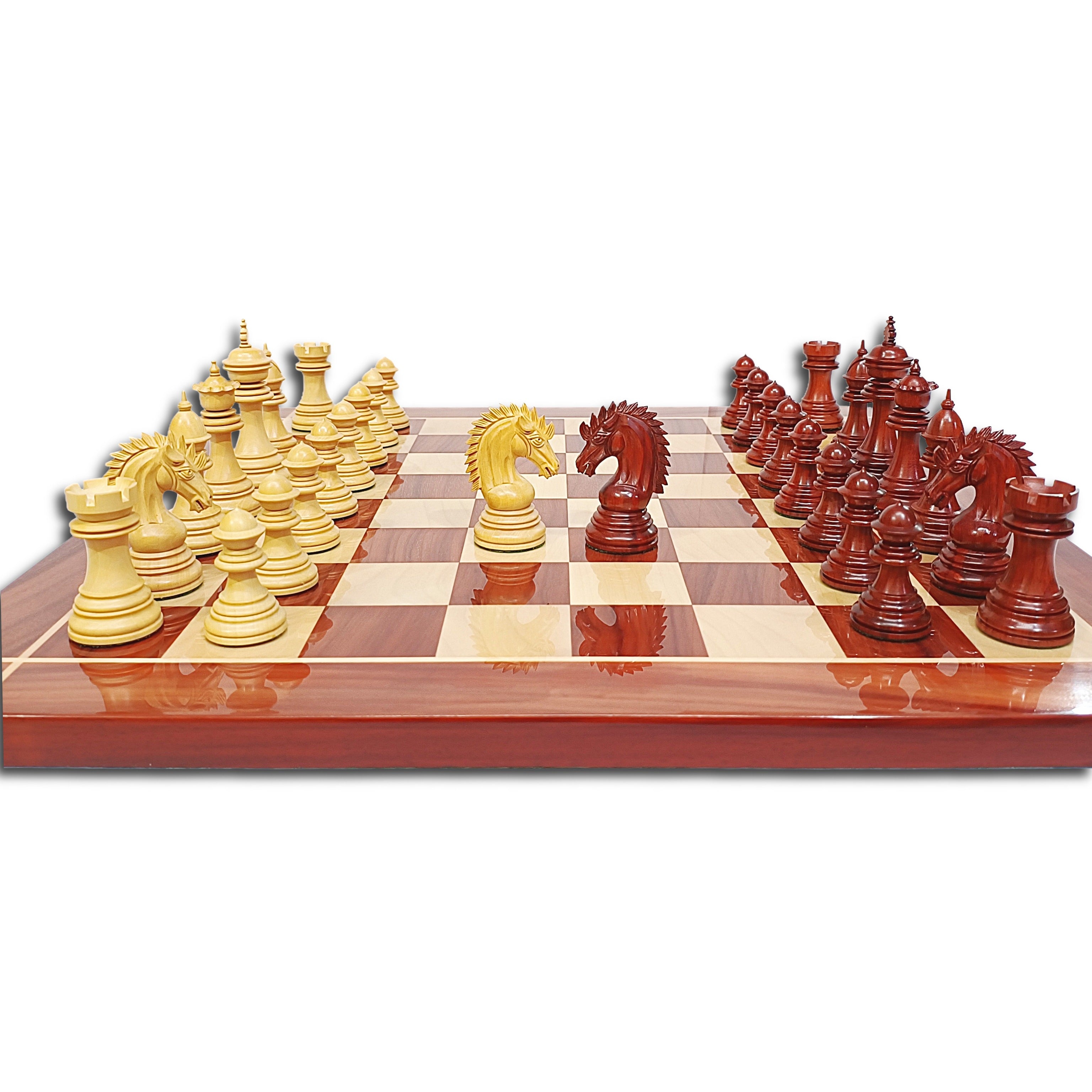
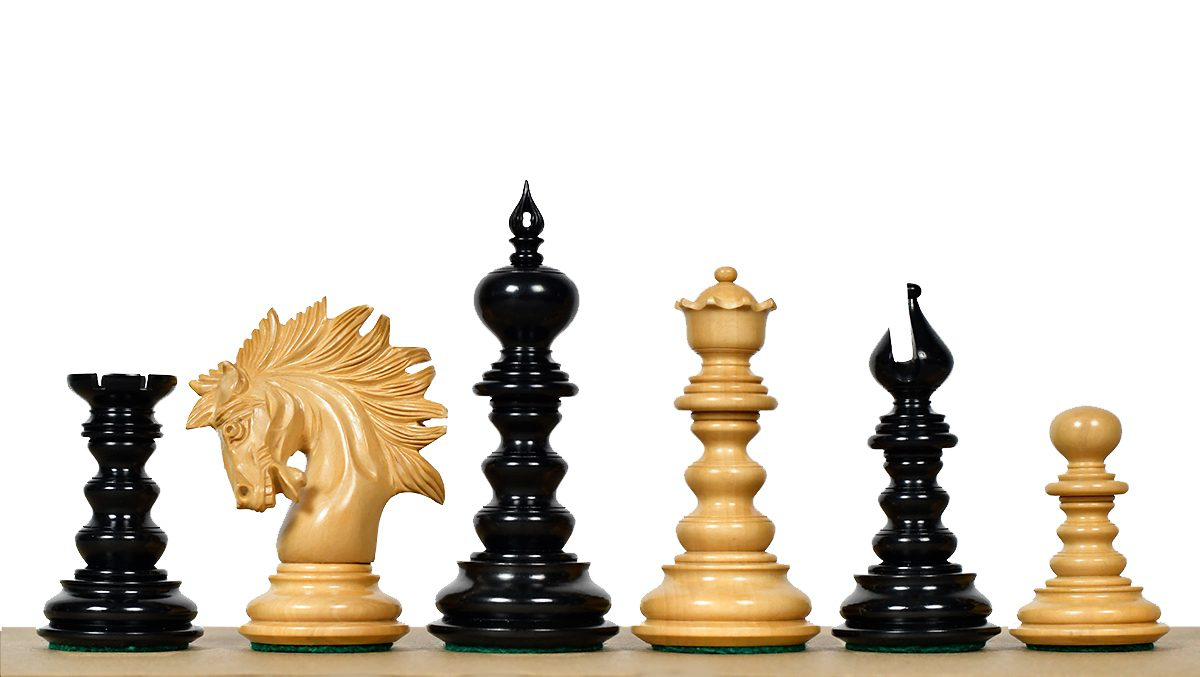
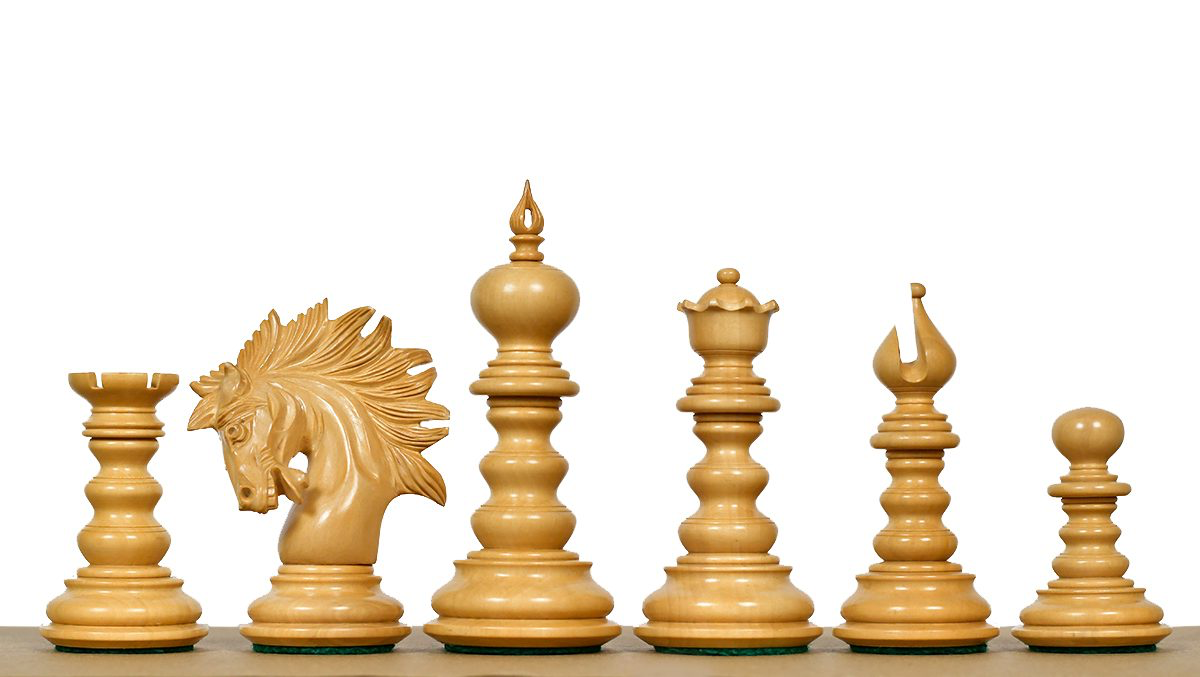
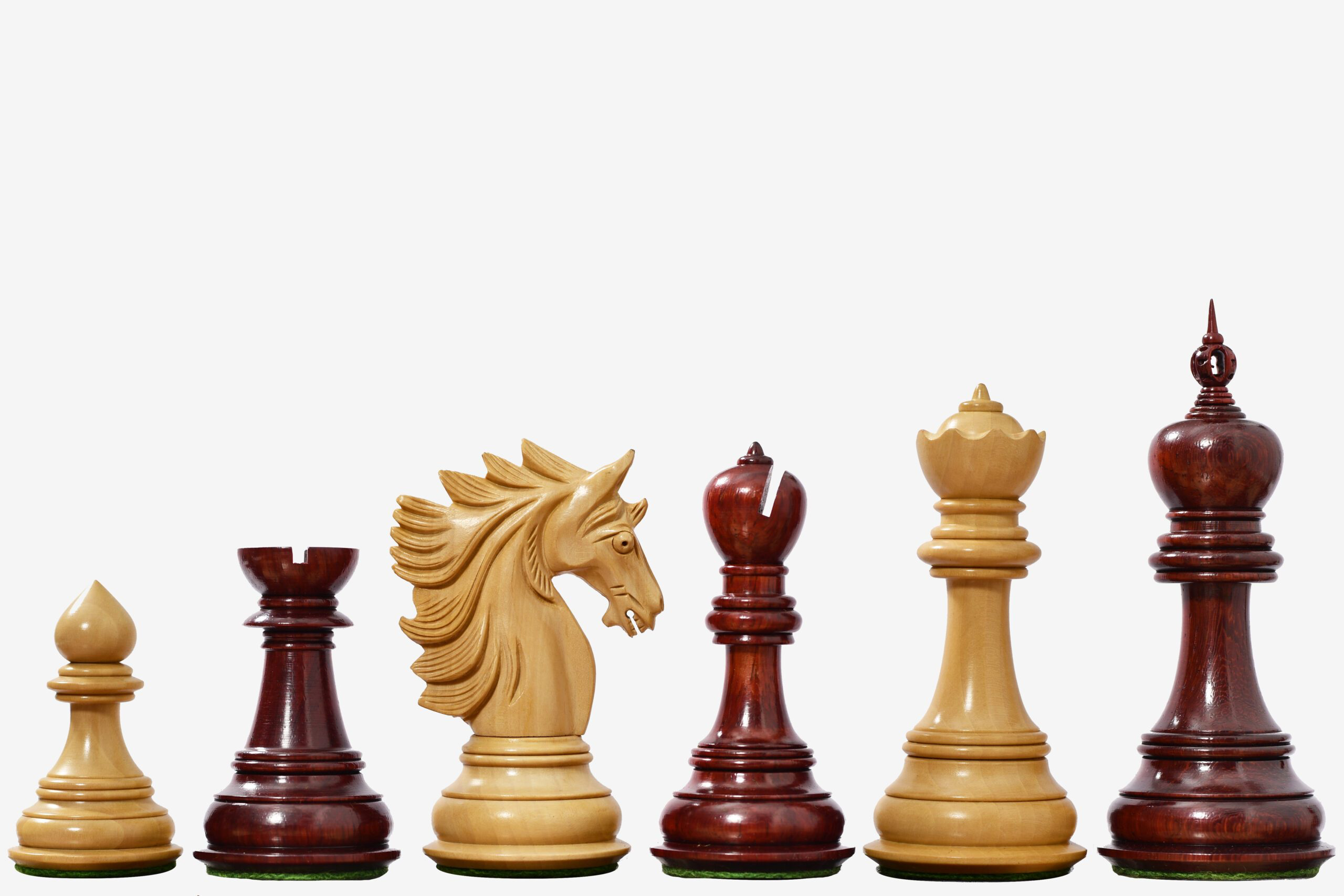
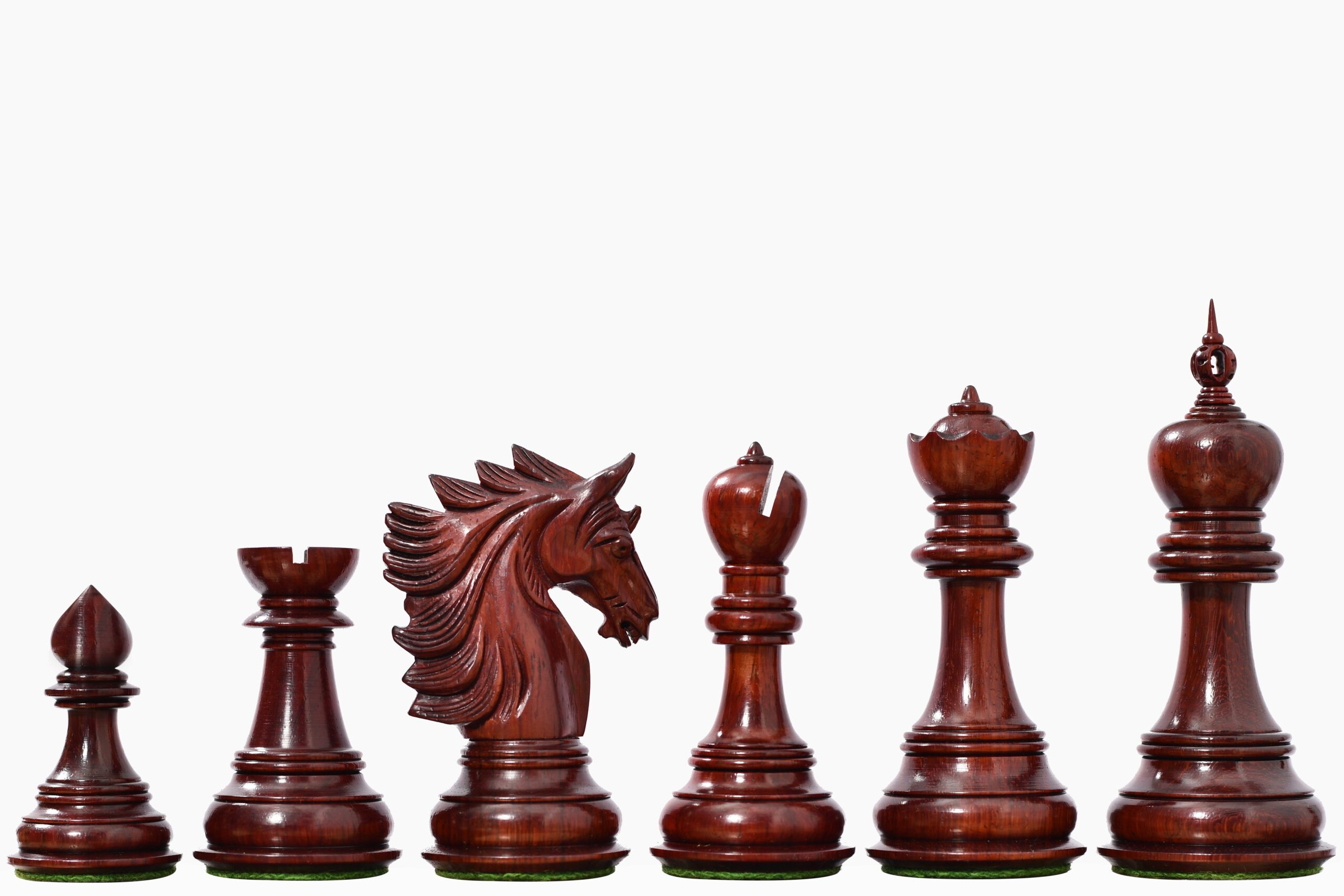
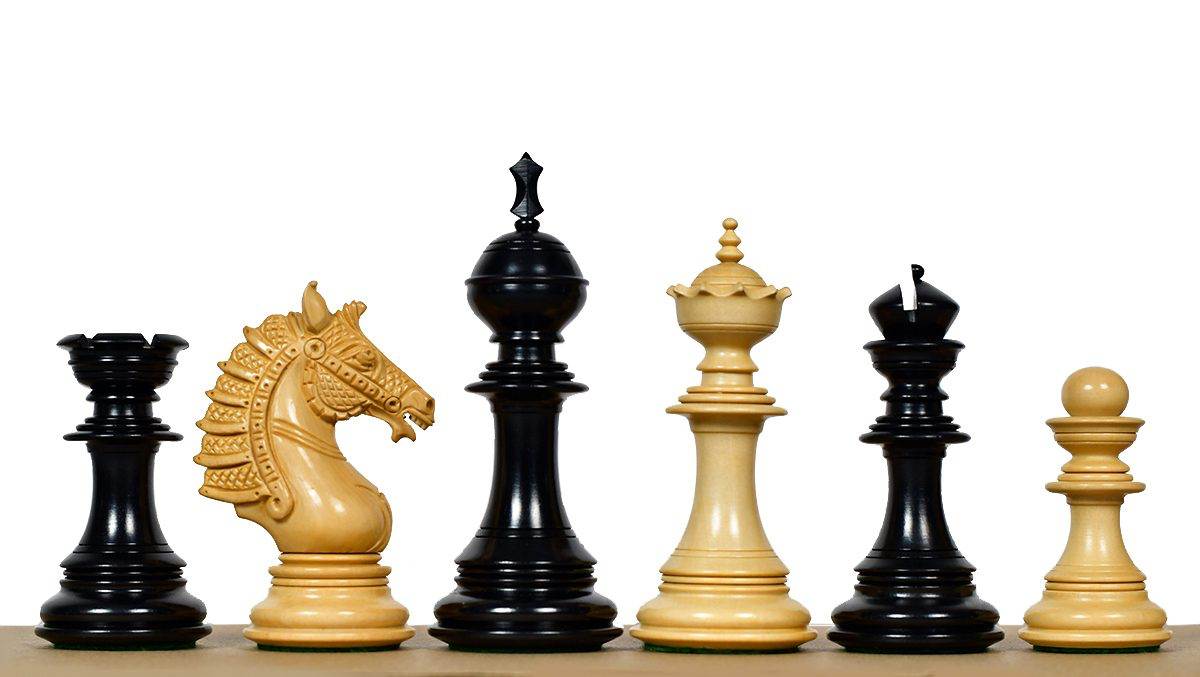
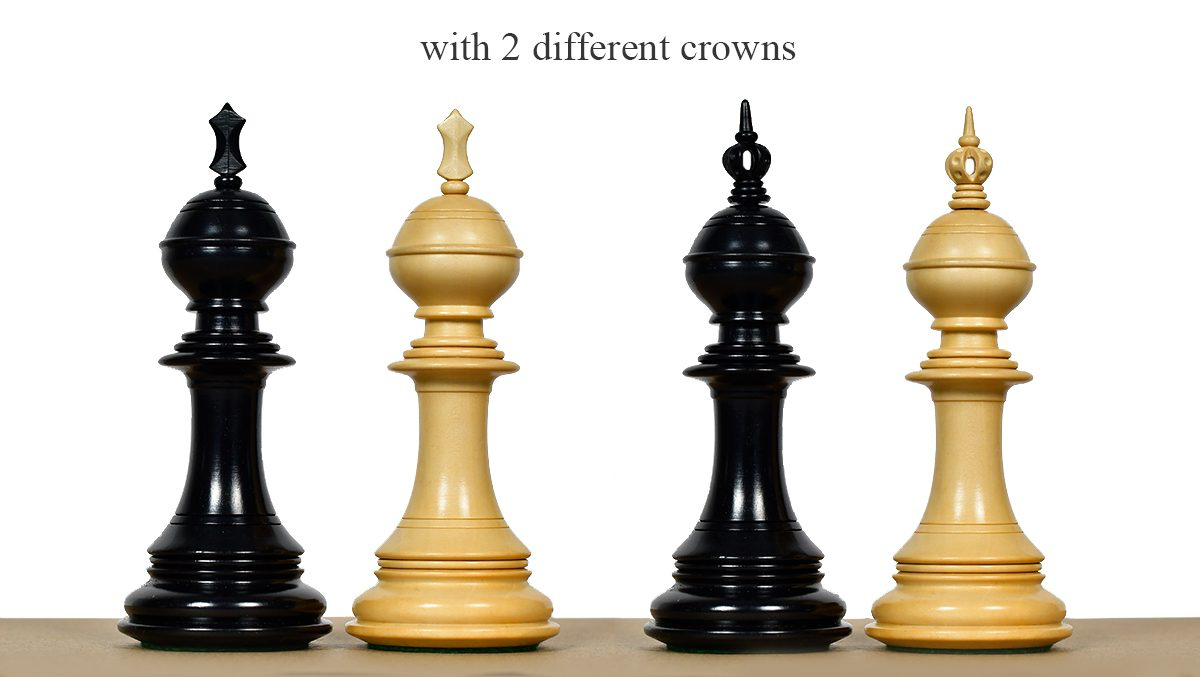
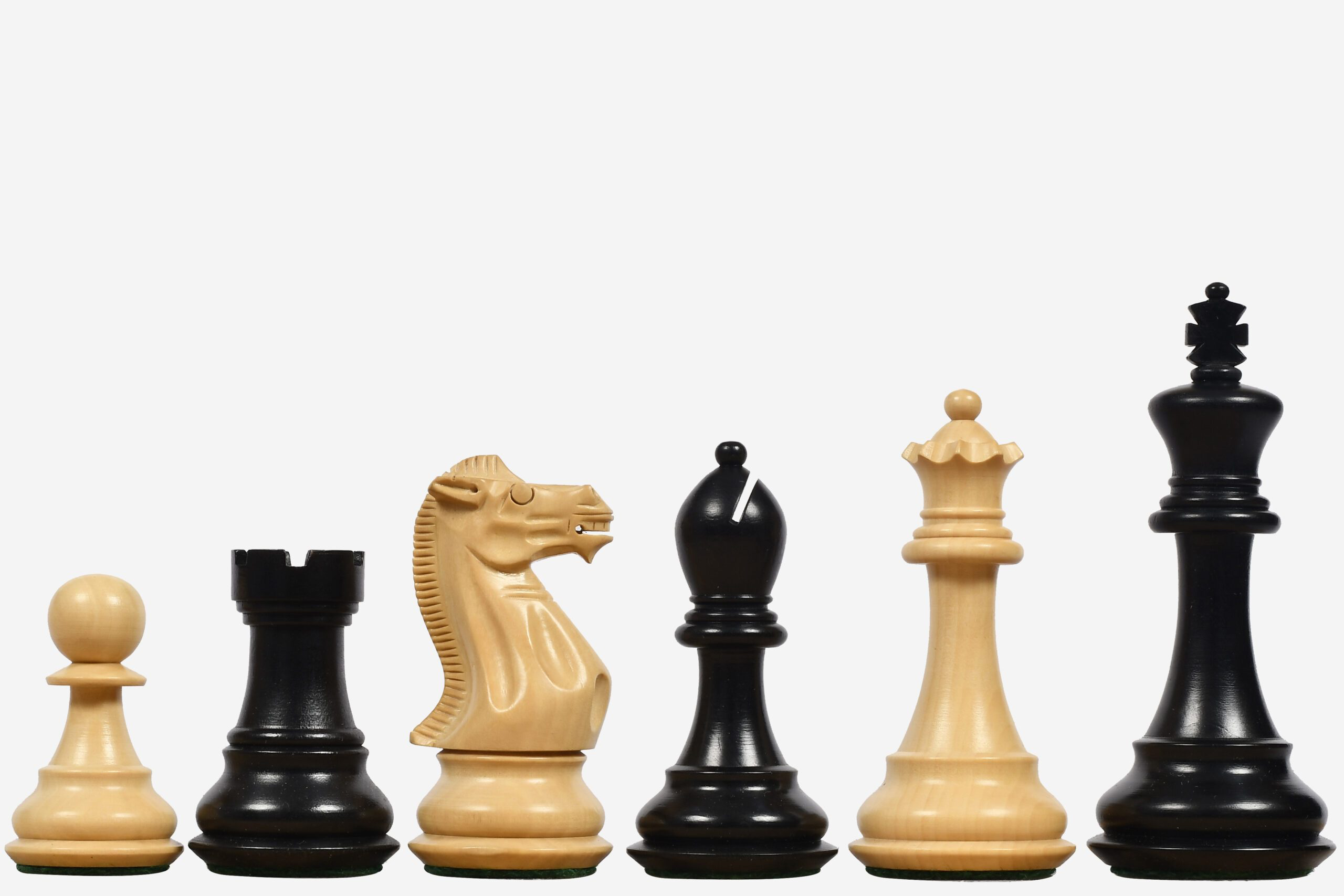
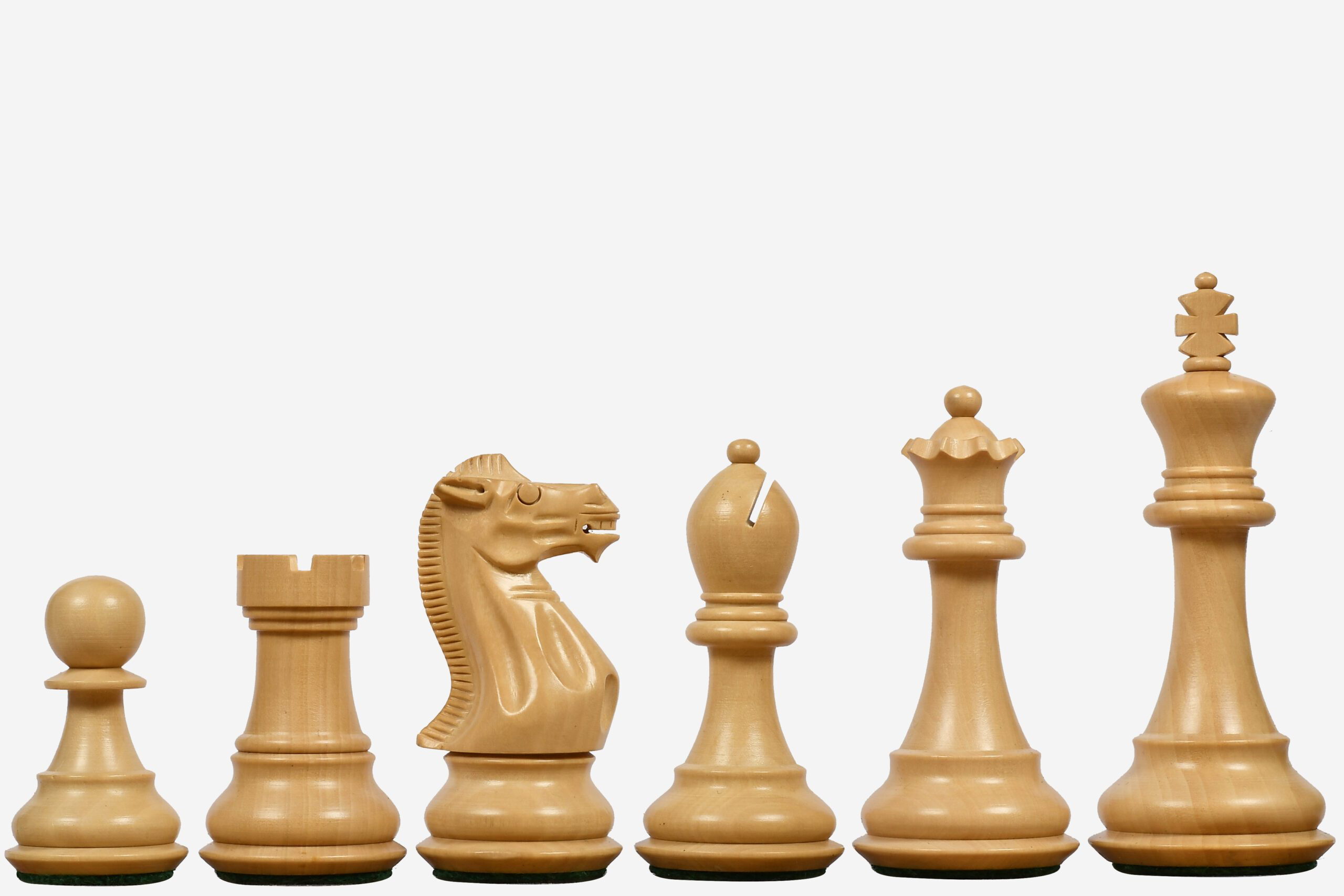
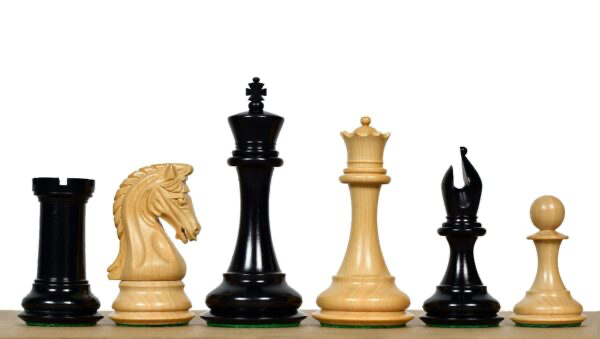
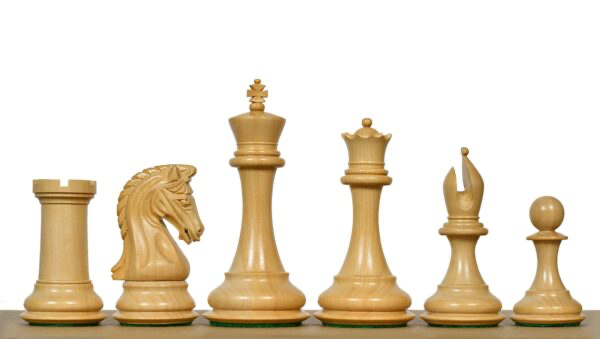
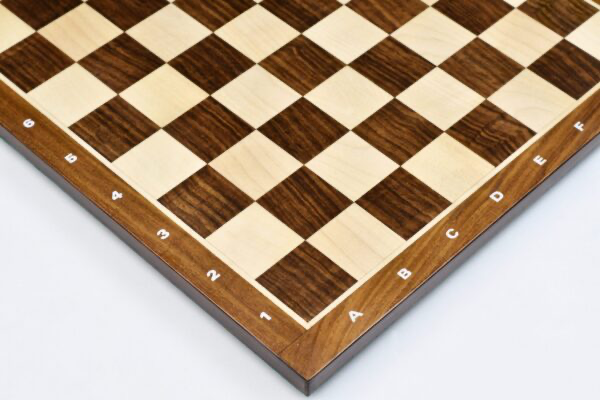
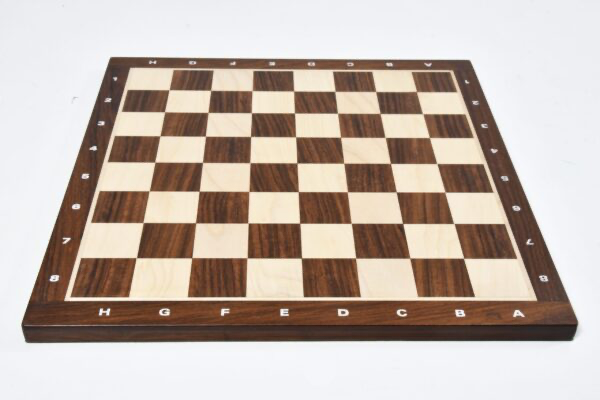
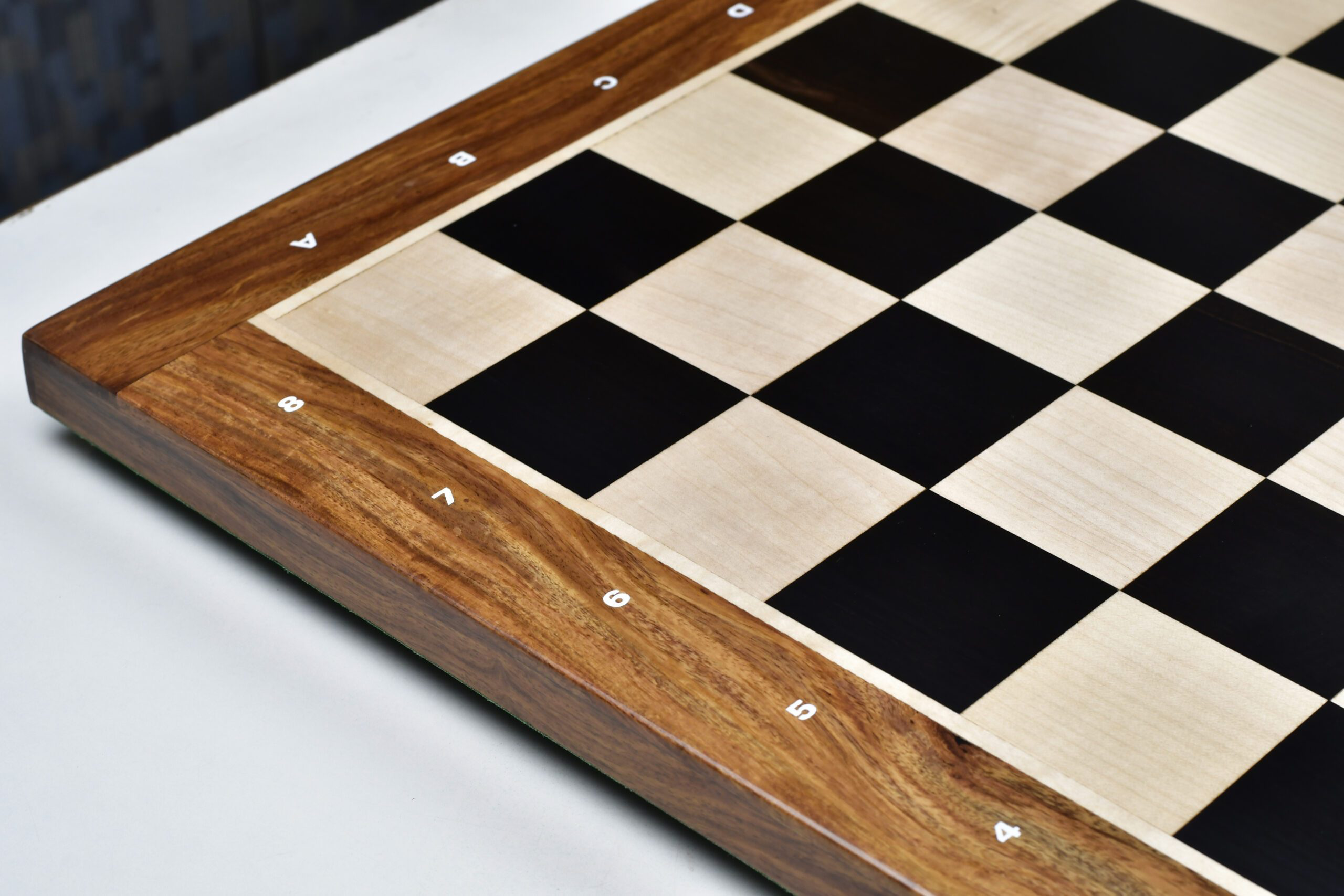
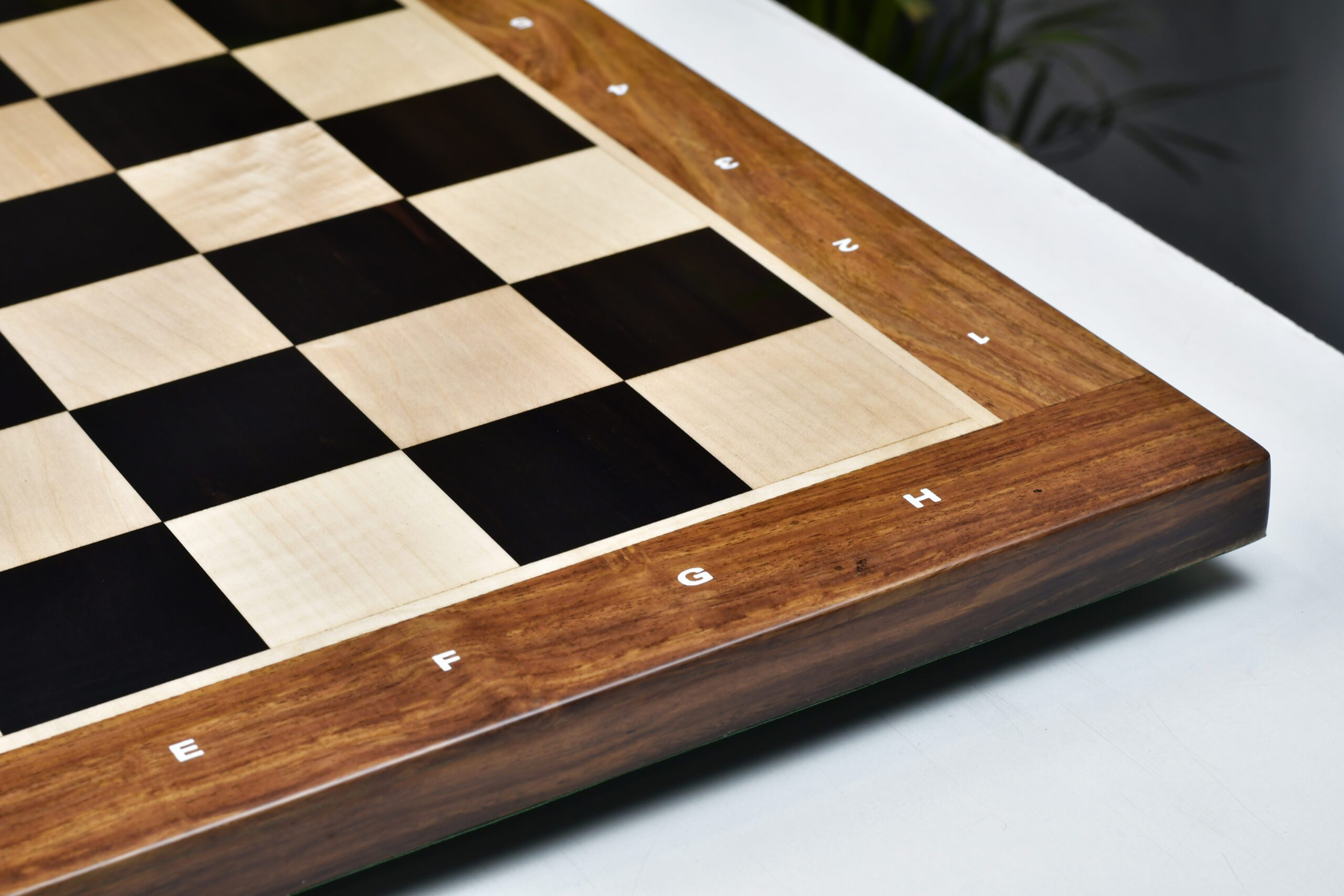
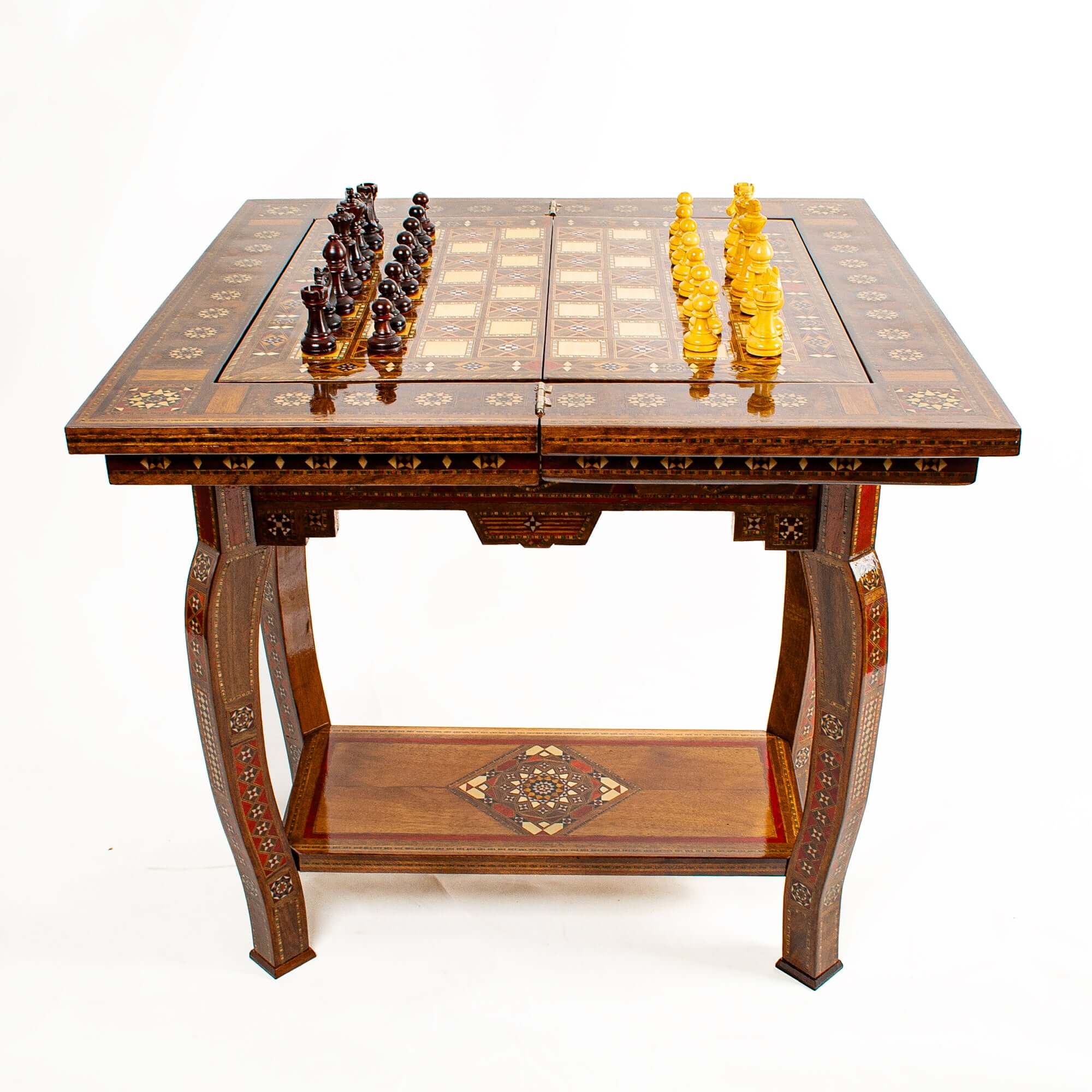

Leave a comment
All comments are moderated before being published.
This site is protected by hCaptcha and the hCaptcha Privacy Policy and Terms of Service apply.